There’s plenty to talk about with this episode of Chi.: Chikyuu no Undou ni Tsuite. Starting with the fact that it’s the best new series of the season so far, and by a pretty healthy margin too. What I hoped would happen – that in making the transition to anime the things that bothered me about the manga would be chiseled away, leaving it’s considerable merits behind – has fully been borne out. But given some of the pushback against the series, I don’t think it would be responsible for me to ignore the complaints. So I’ll weigh in on it – once. Make of my opinion what you will, as that’s all it is. After this week I’ll restrict my reflections to the narrative itself.
What you see, mainly, is the charge that the series isn’t “historically accurate”. It’s not historically accurate, it depicts a skewed Japanese view of Western institutions, etc.. Well, to be honest – so what? Western criticism is full of praise for Shogun. And deservedly too – it’s an excellent work of fiction. But historically accurate? Laughably not – and despite being largely in Japanese, the perspective on warring states Japan is totally a Western one. And that’s the much-sanitized 2020’s update – the original Clavell novel (and TV mini-series) are far more “inaccurate”.
Here’s the hard truth – Chi: Chikyuu is not a history textbook and makes no claims to be. It’s a narrative fiction. It reworks history for dramatic effect, in order to tell and story and make a thematic point. As does, for example, Heike Monogatari – which I adore unreservedly. It’s a Buddhist parable, not an attempt at an accurate historical retelling (as if such a thing were possible anyway). And you can add Vinland Saga to that list too, for that matter. I’m not sure why anyone would expect a mangaka in their early 20’s (as Uoto was when writing this series) to have an encyclopedic knowledge of medieval Polish history anyway. But even if they did, that’s not the point.
I totally get that when institutions one holds dear come under perceived attack – especially by someone from a foreign culture – it feels like we ourselves are under attack. But even if Uoto exaggerates the volume of evil acts of the Polish Inquisition (they do), we don’t need a “good people on both sides” perspective here. It’s OK to say the Inquisition was heinous and evil, even if “mostly only Jews and Hussites were burned at the stake” (which is one grounds for attack on Chi: Chikyuu that I’ve seen). Even if Copernicus and Galileo (him in Italy) were (quite a bit later than this setting even in Copernicus’ case) not tortured or executed (largely because both were friends with powerful people in the church, the Pope in Galileo’s case), trying to repress ideas is still wrong.
The history of the Catholic Church and heliocentrism is indeed a complicated one. Much of the waxing and waning opposition both there and in Protestant circles came out of trying to denounce the other side. There were those in the church who believed in it quite early on, but in point of fact Copernicus’ writings were officially banned until 1833. 1833! The problem is, I don’t think it makes any sense to subject a Japanese manga to the standard of reflecting all of that nuance when trying to tell a story about the love of truth and courage in the face of adversity. And if you do think so, you have the option to not read or watch.
Now, on to what really matters. Obviously this was a pretty powerful episode. I’ll state for the record that I hate this turn of events in the sense that I really liked Rafal as a protagonist, and Sakamoto Maaya is just so damn good in roles like this. But I understand what Uoto is trying to do here (at least in my interpretation). Part of that, I think, is a reflection on the lot of early scientists. In the 21st Century we have instrumentation that can prove and disprove scientific theories. That wasn’t true for most of what academics in the Middle Ages were pondering upon (like heliocentrism). And I think that’s a profoundly important distinction.
It should be noted that Copernicus and Galileo were both, among other things, devout believers in God. They saw their pursuit of truth as a means of glorifying Him. Hubert broaches this topic in the double-premiere – how can a more beautiful view of the universe be heretical? But men like Hubert – and a boy like Rafal – had to take their beliefs on faith. For them science was a sort of religion, a belief in a truth they felt in their heart was correct but which they knew they would die never being able to verify. And that makes Hubert and Rafal, in a sense, martyrs. And even if the Polish Inquisition didn’t make a habit of routinely executing academics, plenty of academics have died for their beliefs. Just as many early Christians died for theirs.
When Rafal speaks of “inspiration”, this religious parallel is again conspicuous. As I noted last week, in order for what he does to make sense you have to believe there is beauty in truth. This episode really boils down to two decisions. One by Potocki (Makishima Kouichi) to turn his son in. And the other by the son not to recant his heresy, and live a comfortable life. Nowack speaks of the most important choice being “what to give up”. We can see that Potocki gave up many things, most prominently a life spent in pursuit of the truth. What Rafal chose to give up was his life itself, in service of the truth.
Who was right, and who was wrong? It’s tempting to say the answer is obvious, but I think everyone has to find their own truth. If Rafal had chosen life – and hypocrisy – might he eventually have been able to perform a better service to the truth he believes in? It’s a valid argument. Did Potocki do what he did out of desire to save his son from torture or death, or because he feared those things for himself? That answer, I think, is not so obvious. But the point is that whatever you believe, Potocki is not the evil one here. Nowak – and the institution he represents – are. “Truths” revealed under torture are meaningless. And decisions rendered under emotional (and physical) blackmail no less so. The institution Nowak serves deplores truth in all its forms.
This, in the end, is why “the Polish Inquisition wasn’t that bad” arguments don’t sway me. One either condemns it on a fundamental level, or they don’t. Oppression is oppression, and atrocities are atrocities. And kudos to any writer who chooses to use their gifts to expose such evil. As for Rafal, he chose to face eternity on his own terms. To embrace the unknown rather than allow fear to make him denounce the truth – his religion. Agree or disagree with his choice, love it or hate it, there is a tragic sort of beauty in it. And any series that can show us that is one well worth watching, and well worth a forthright and respectful debate on its merits.


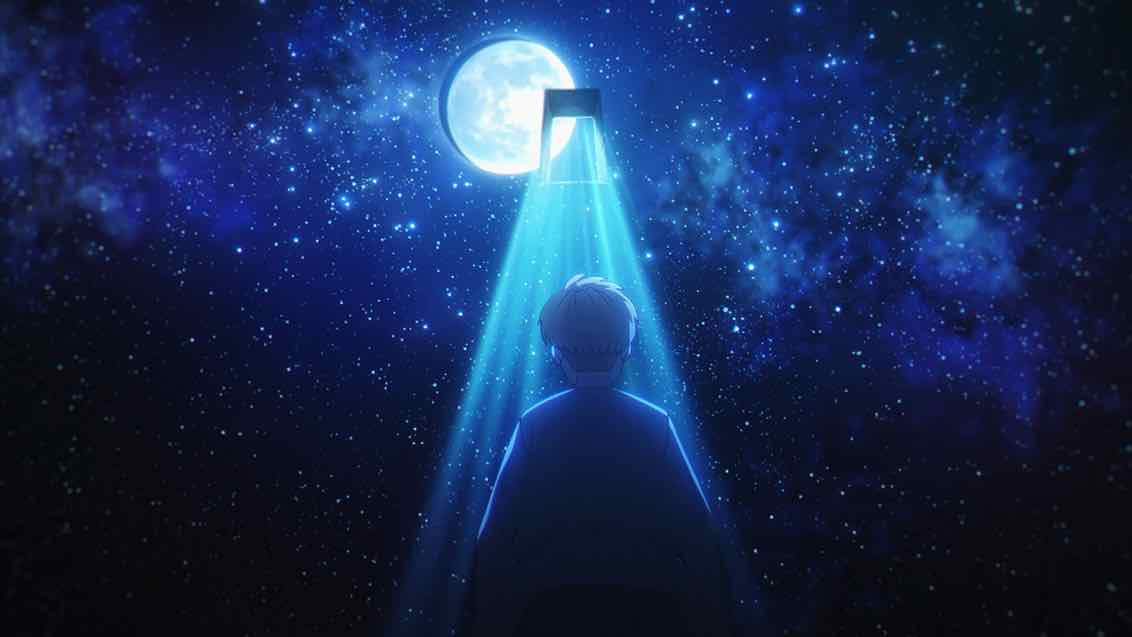
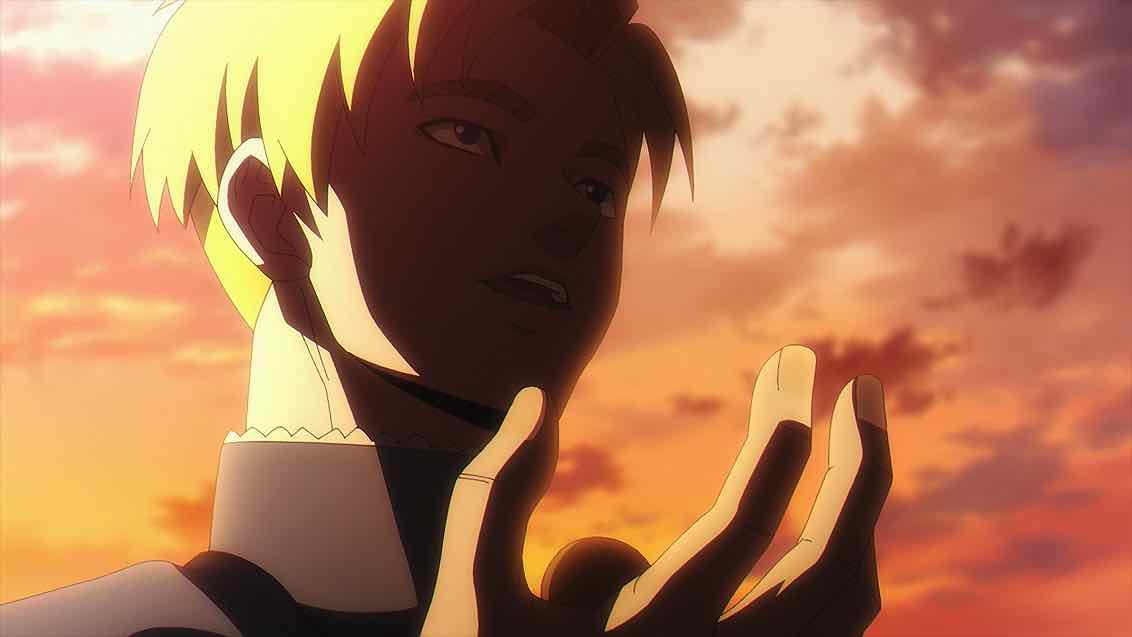
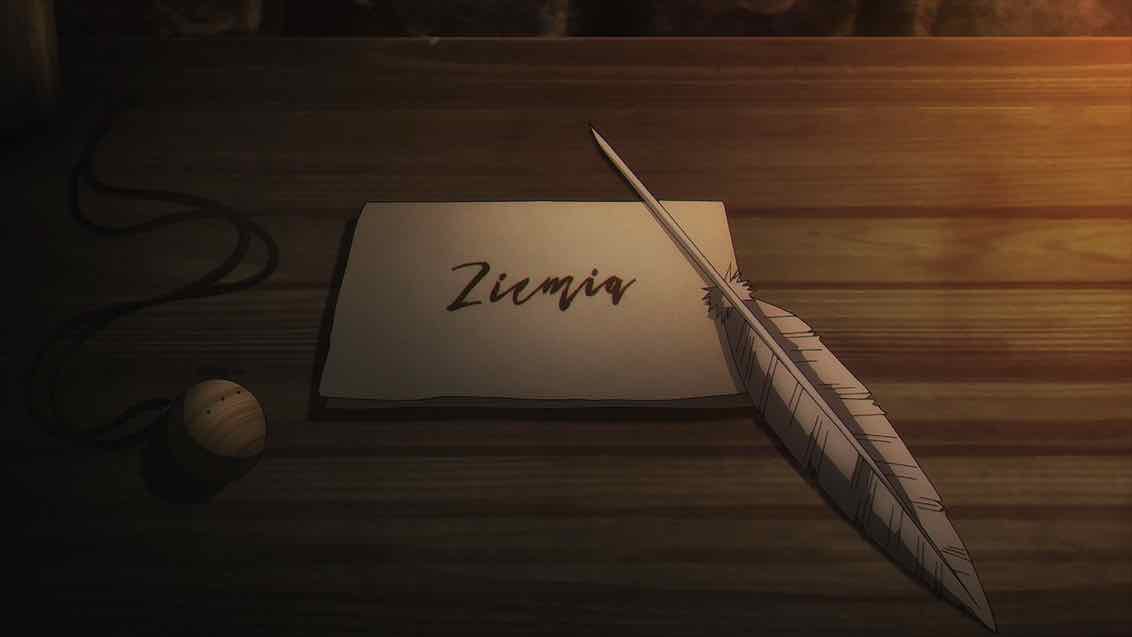
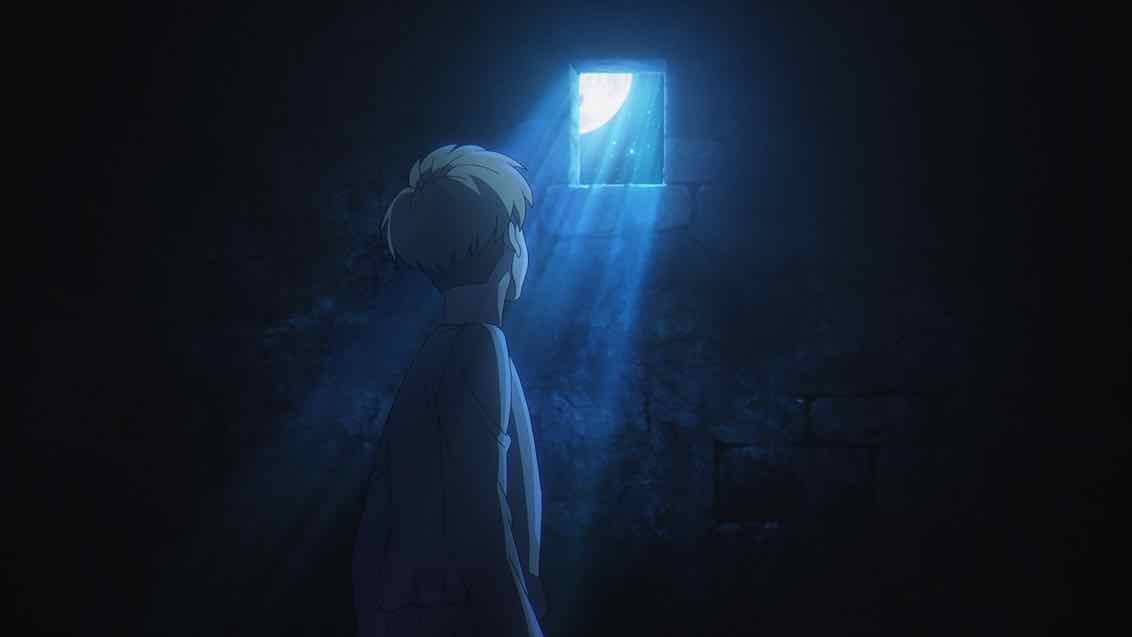

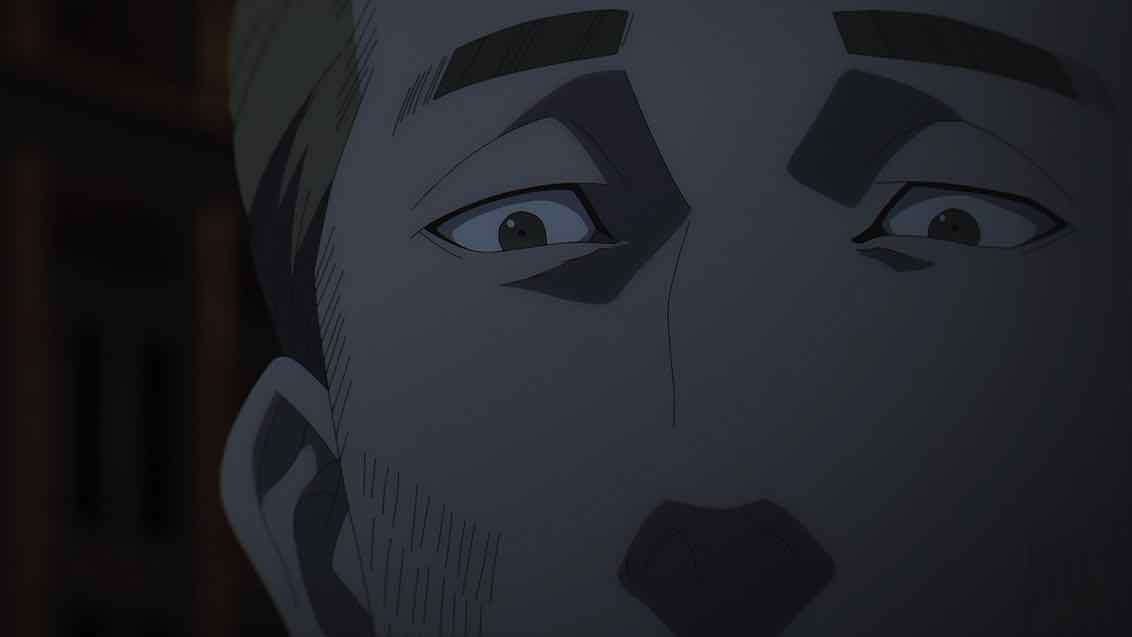
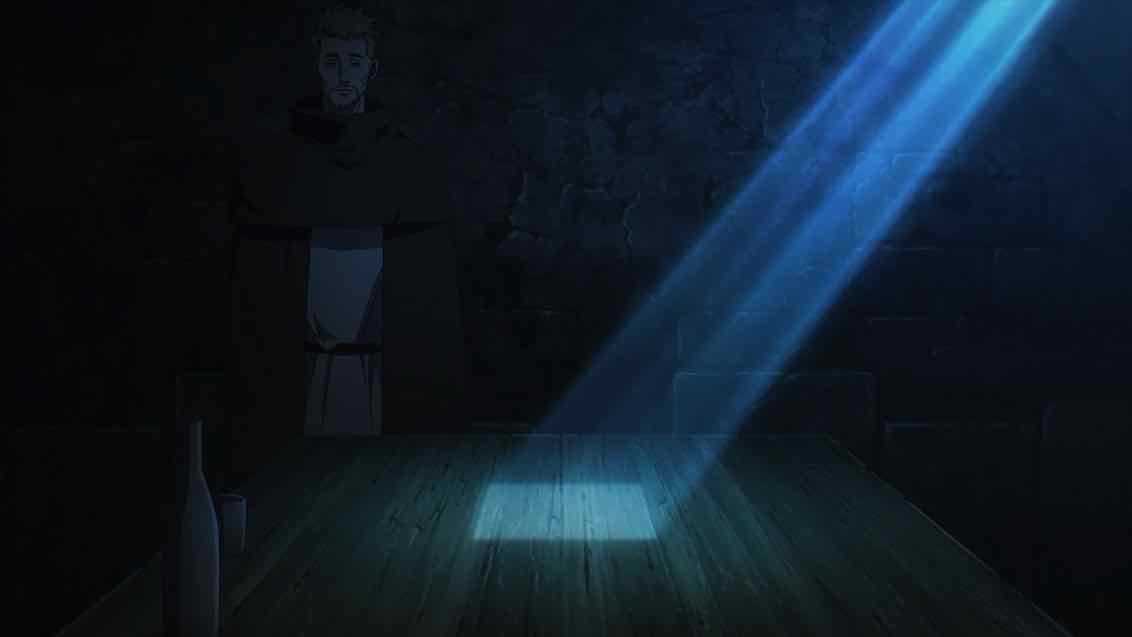
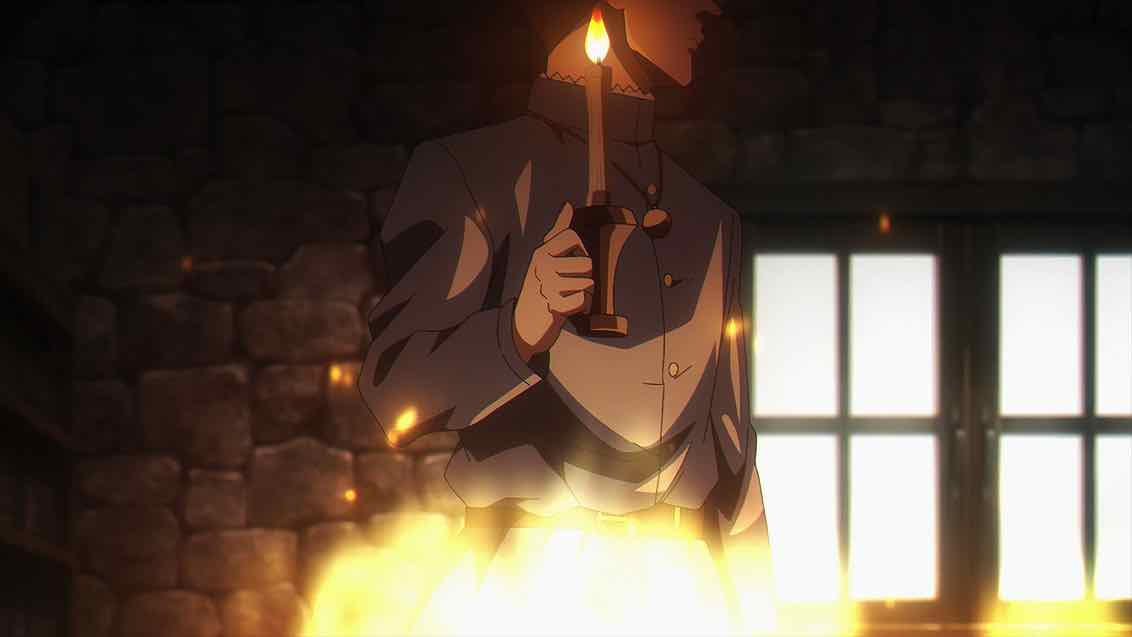


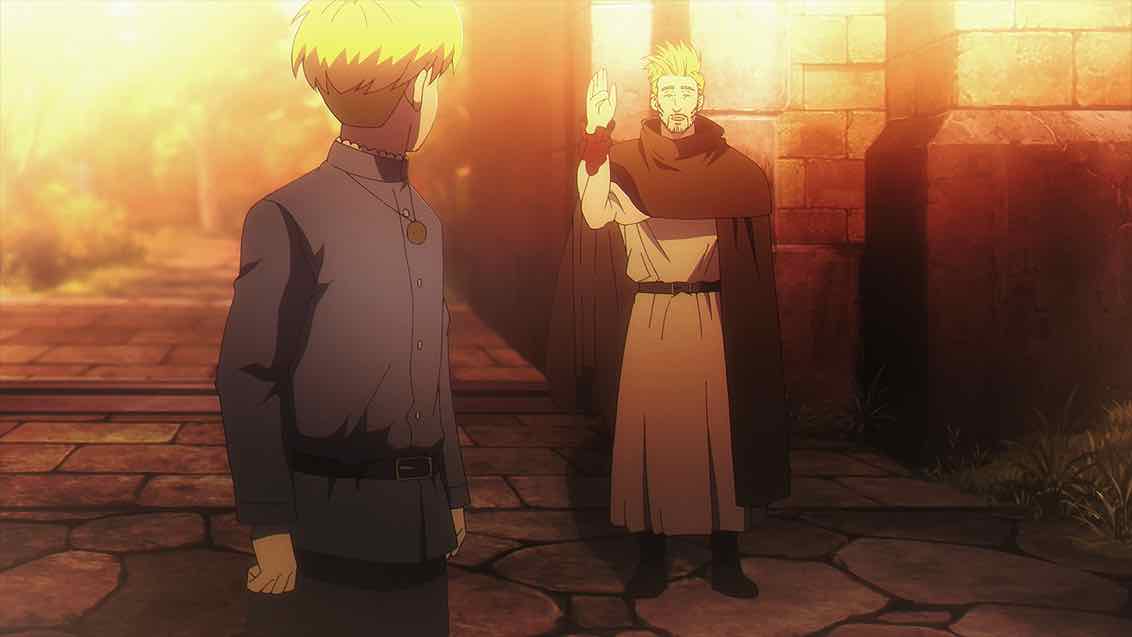
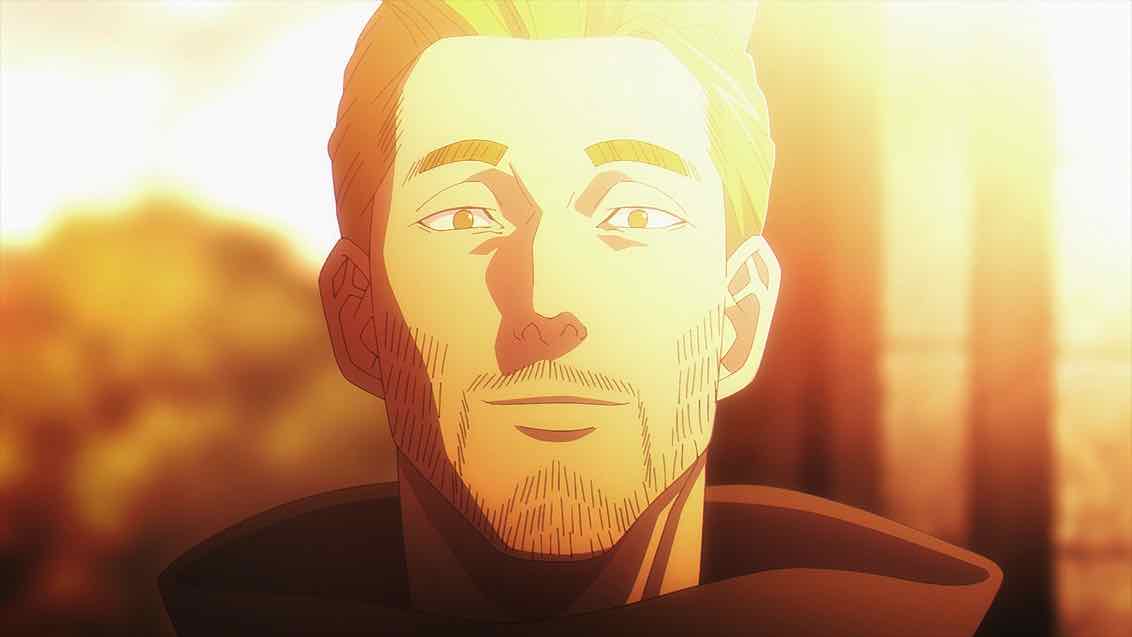
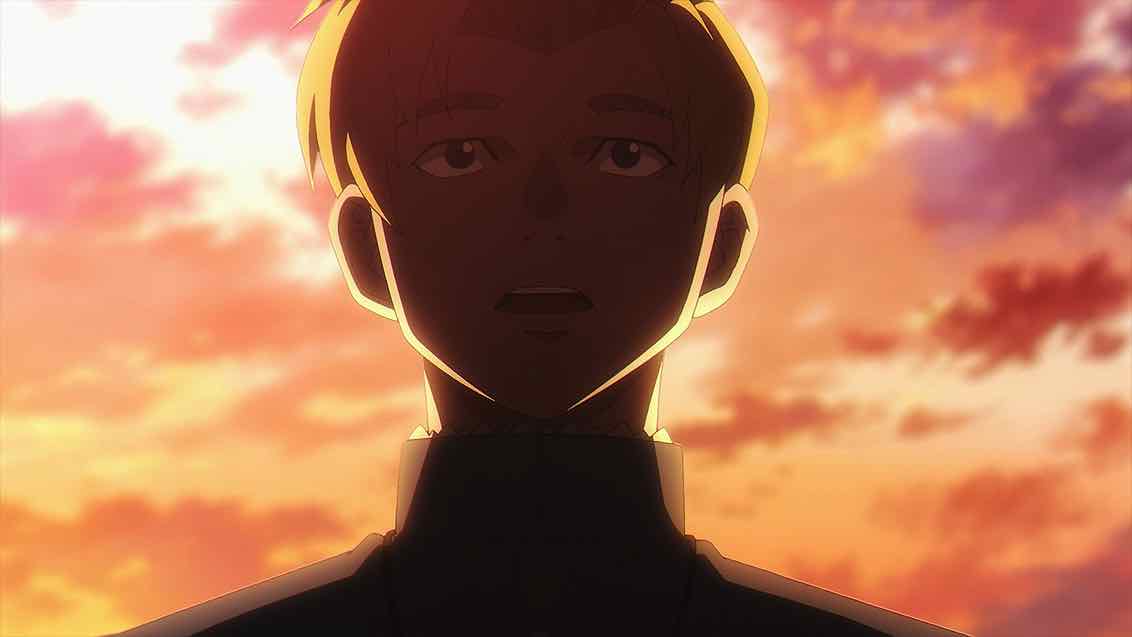
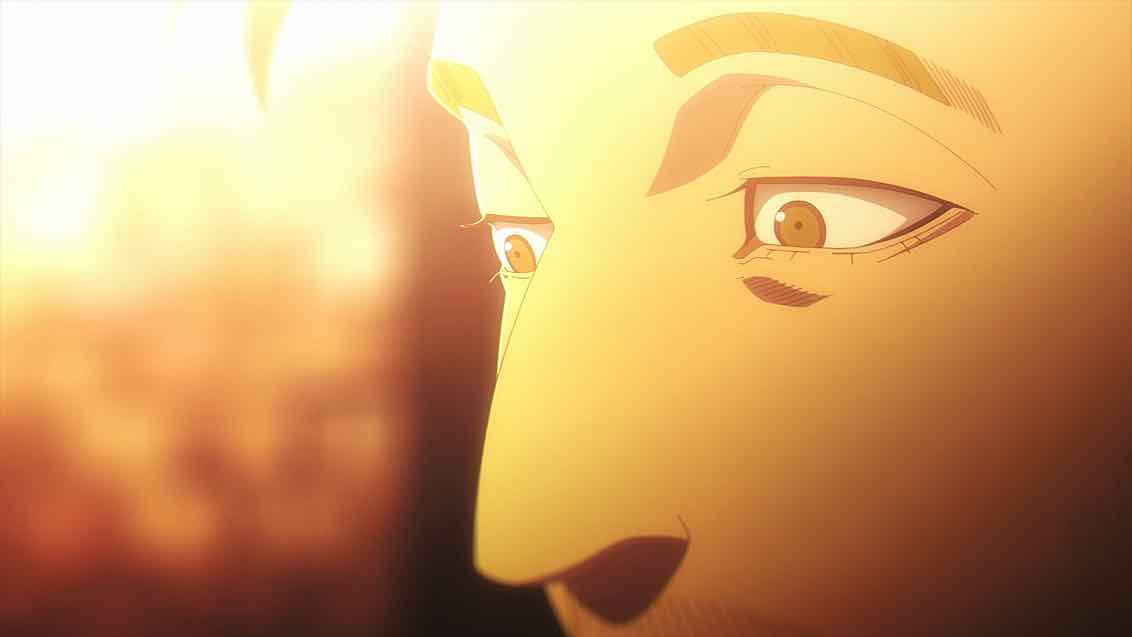
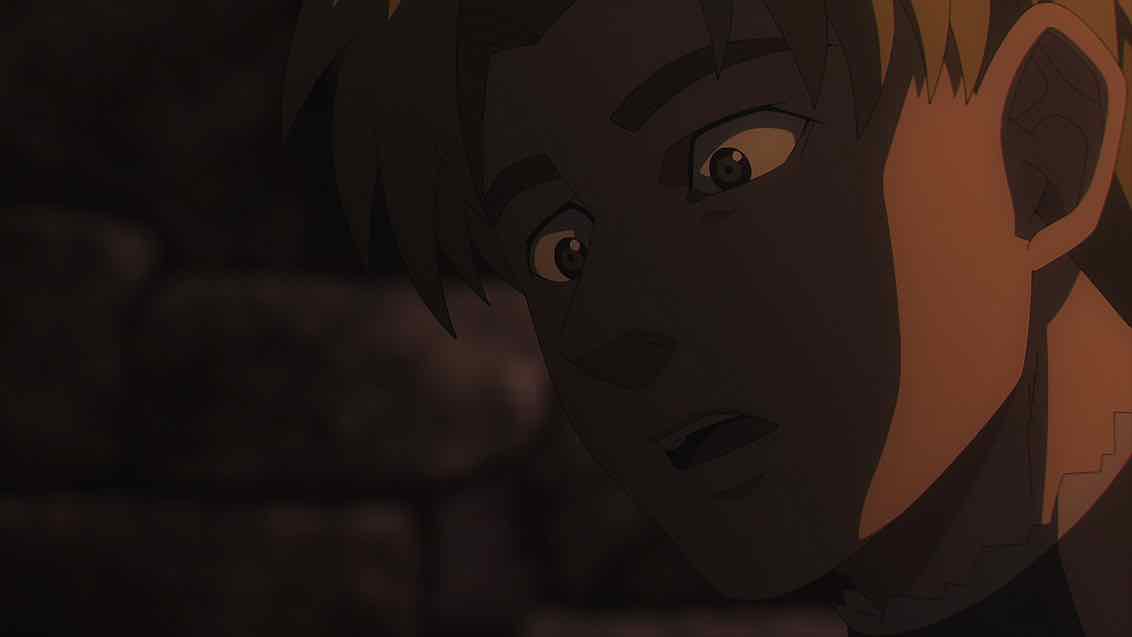
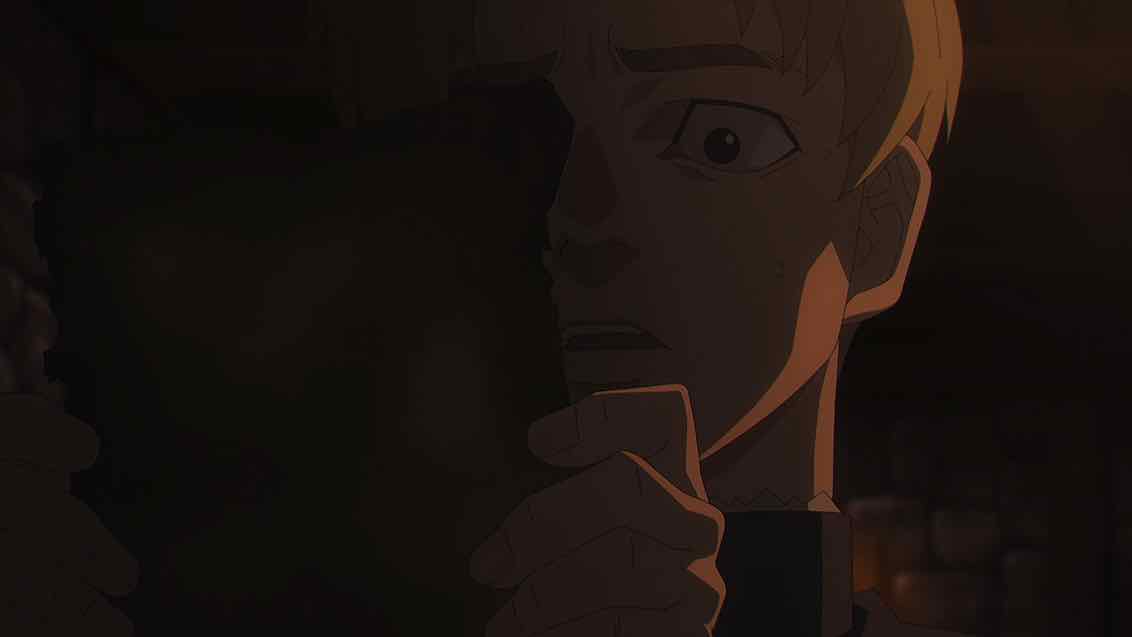
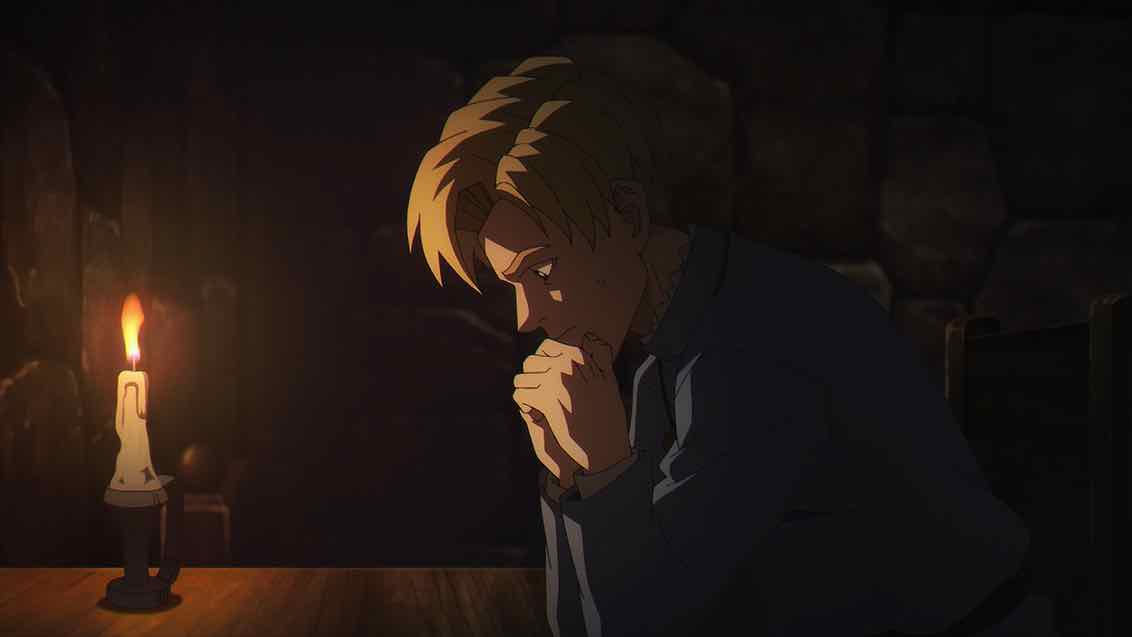
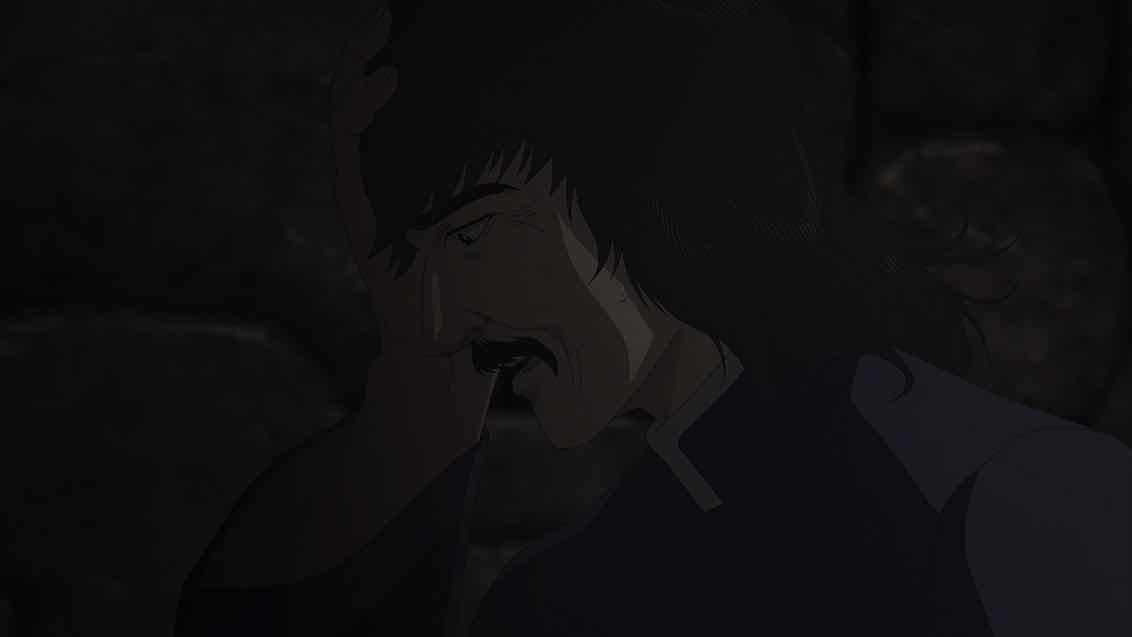
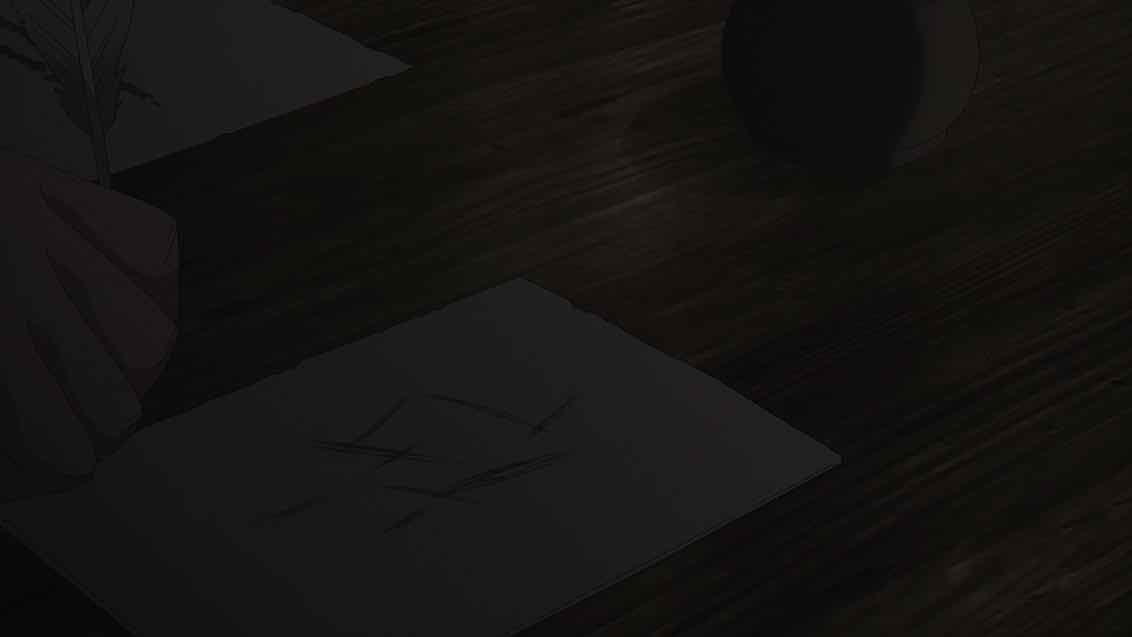
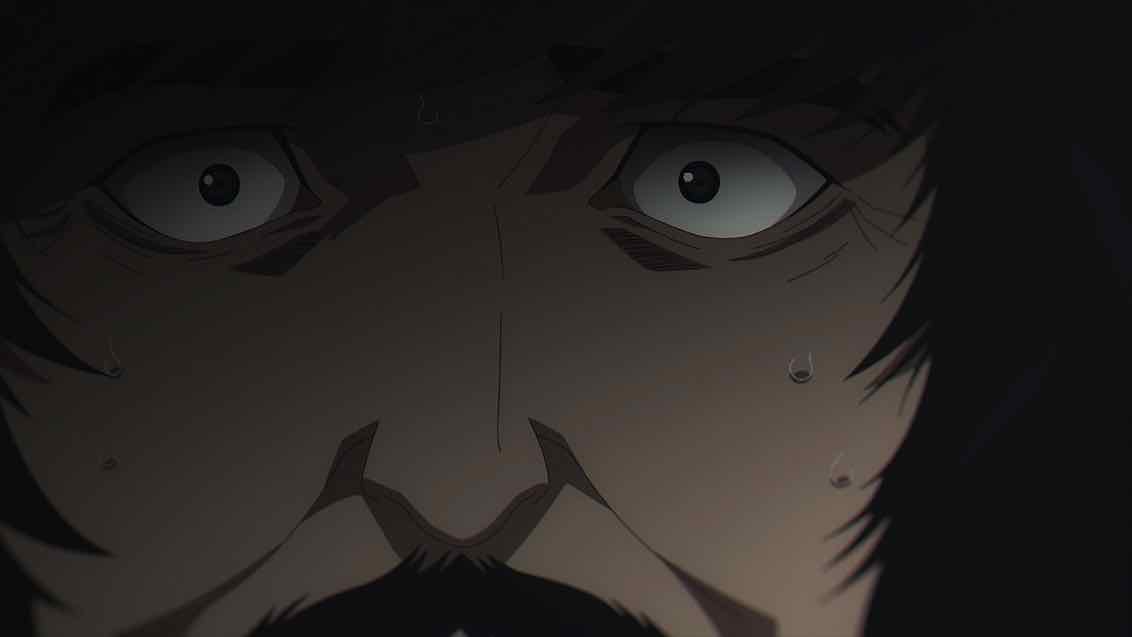
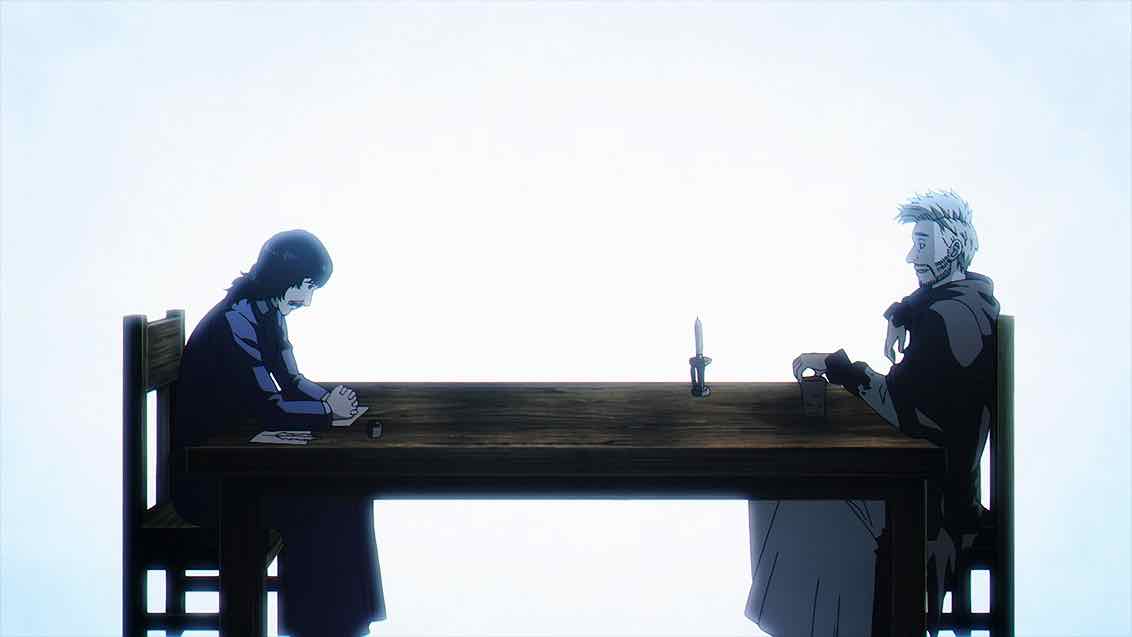
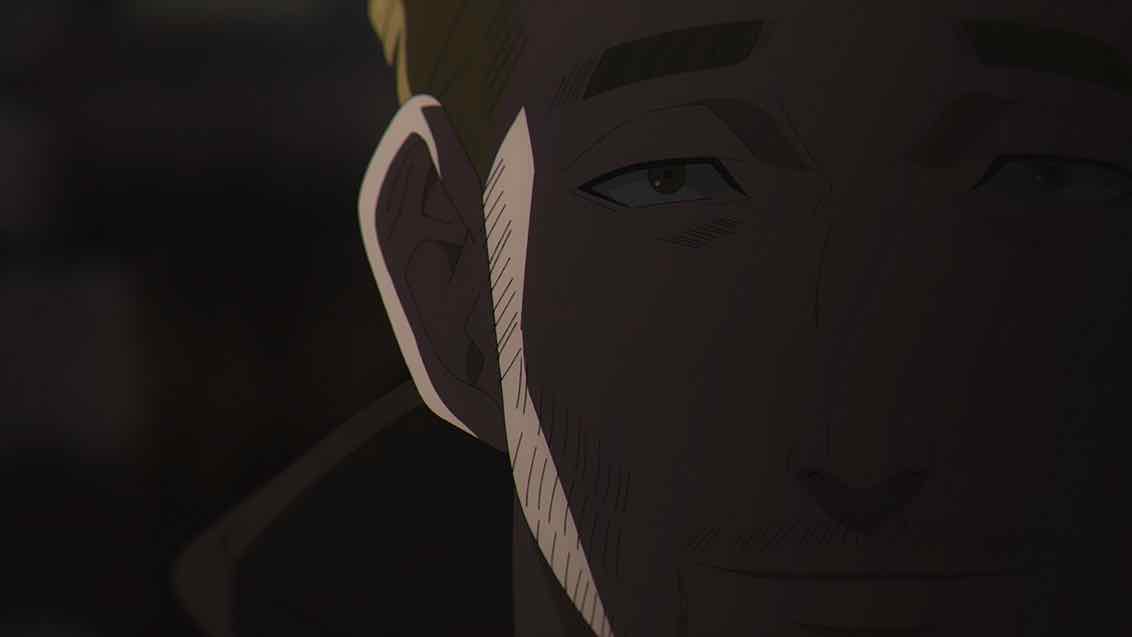
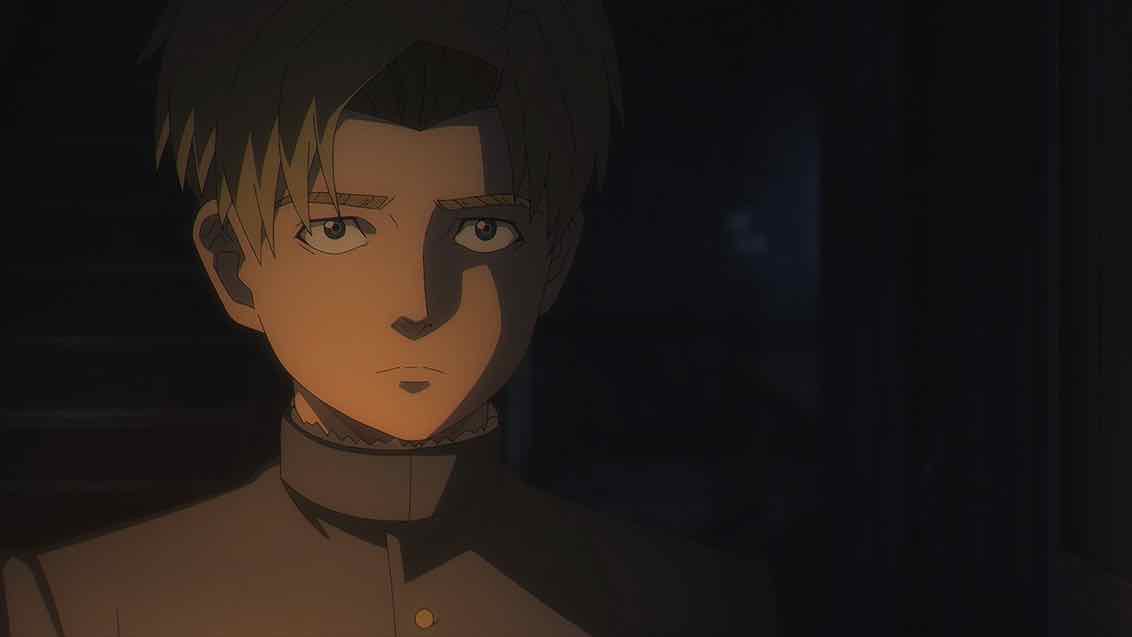
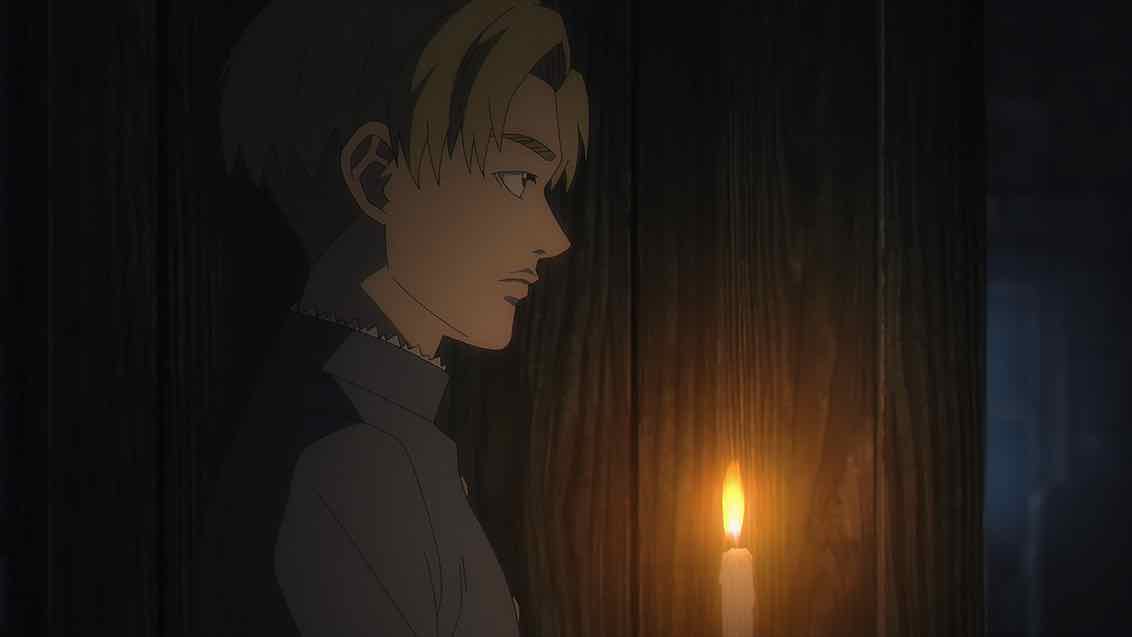
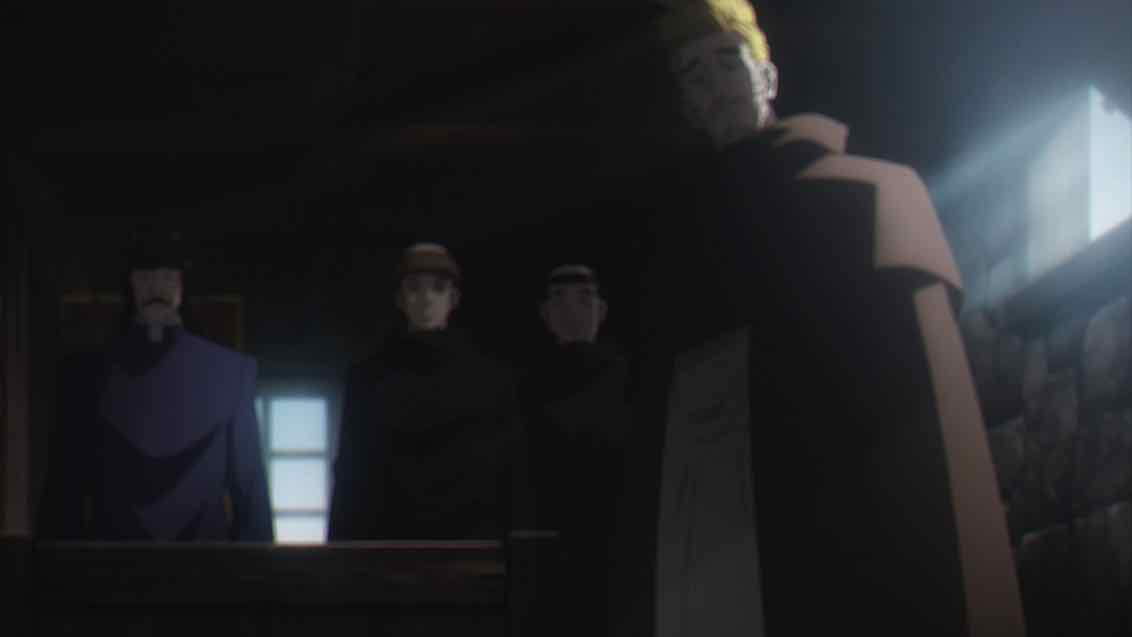
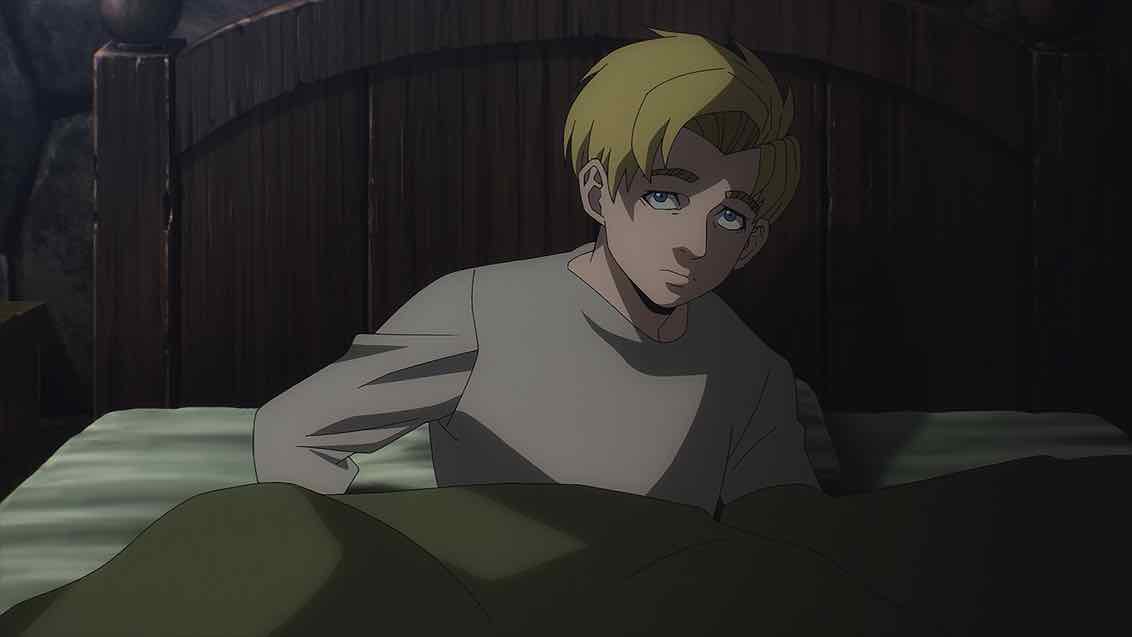
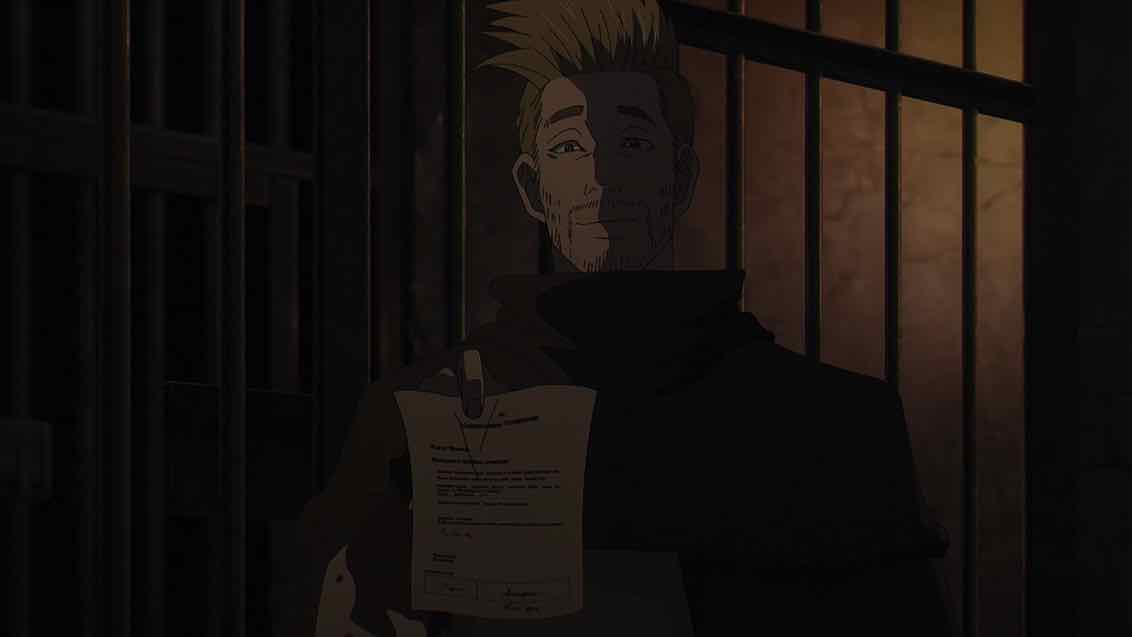
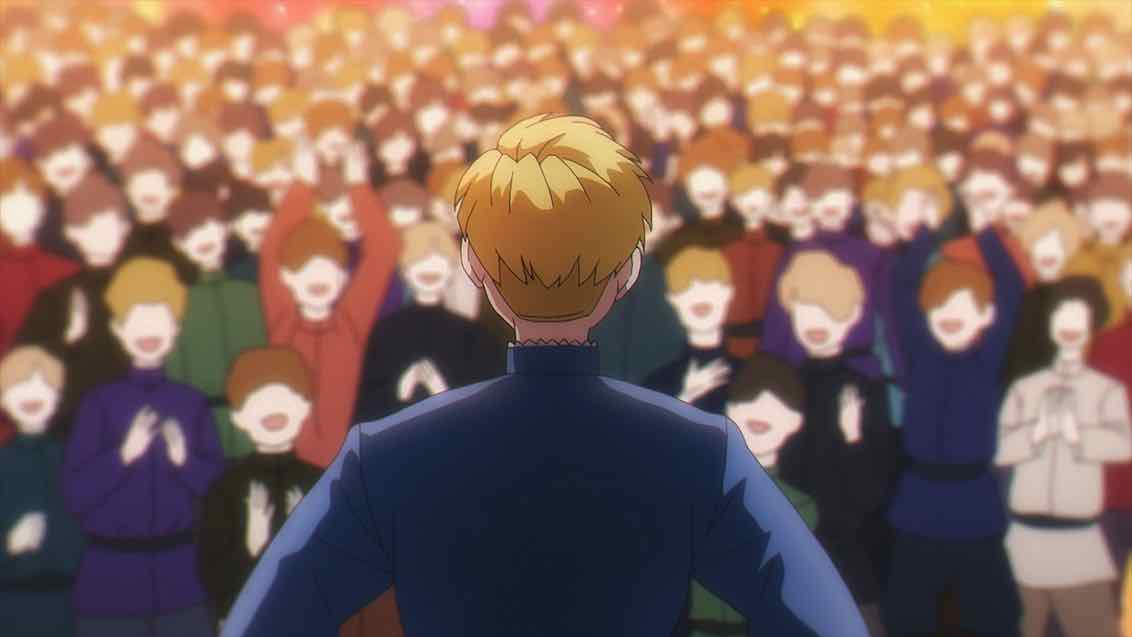
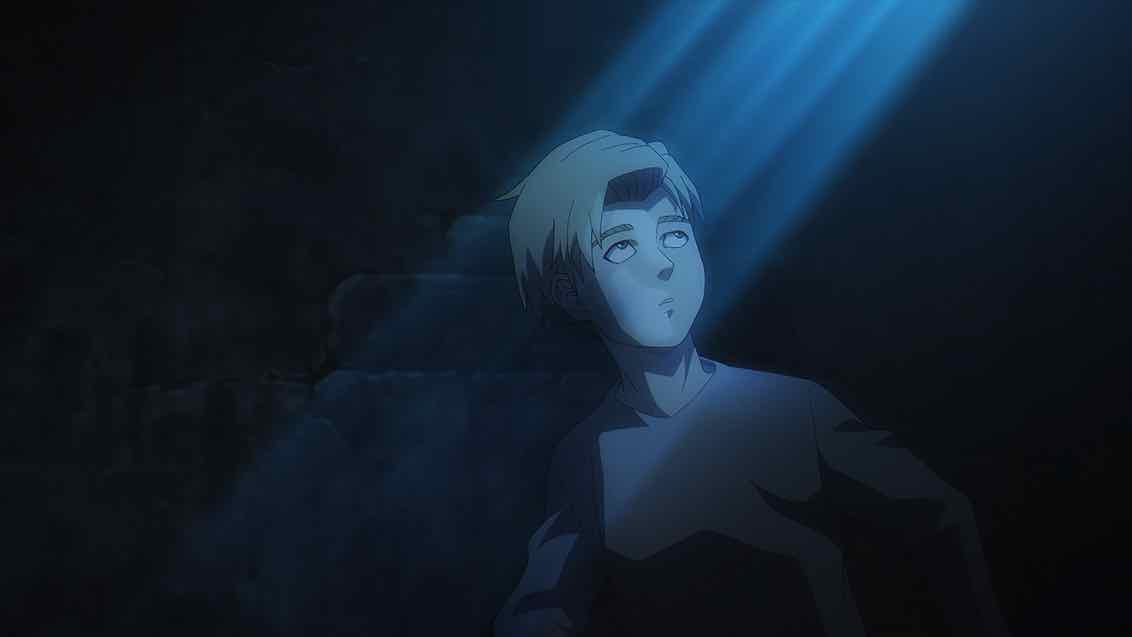
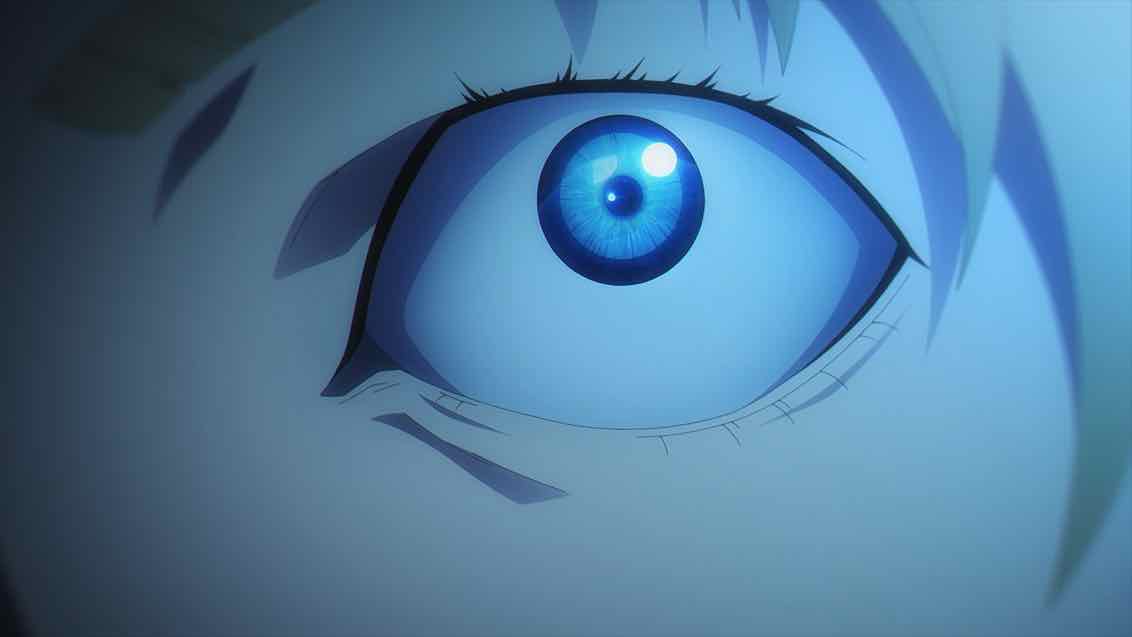
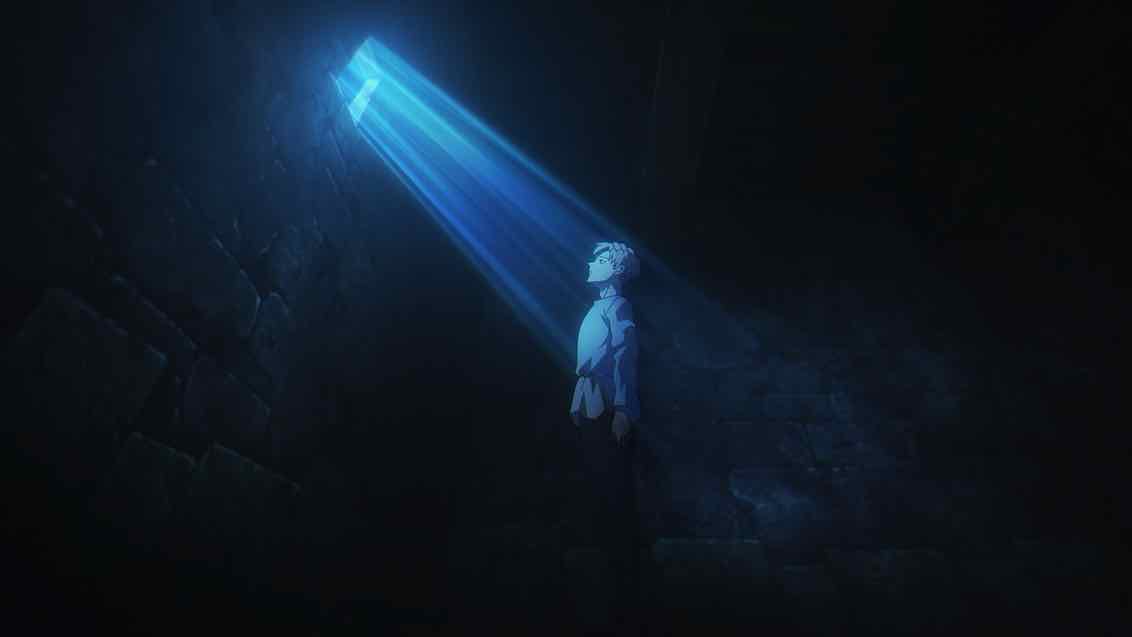
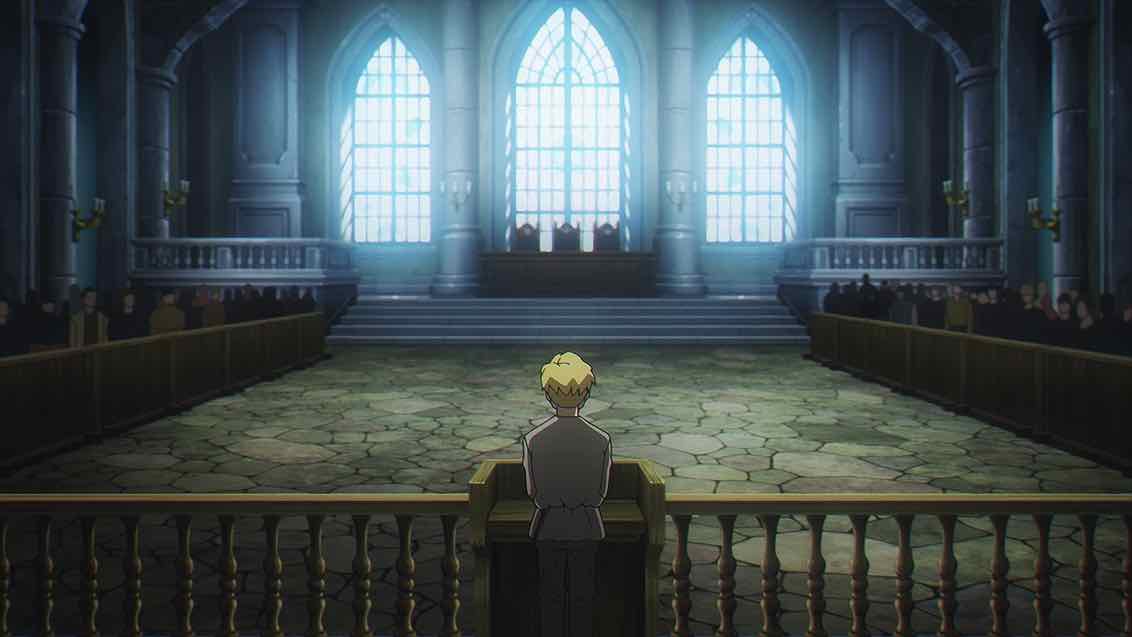
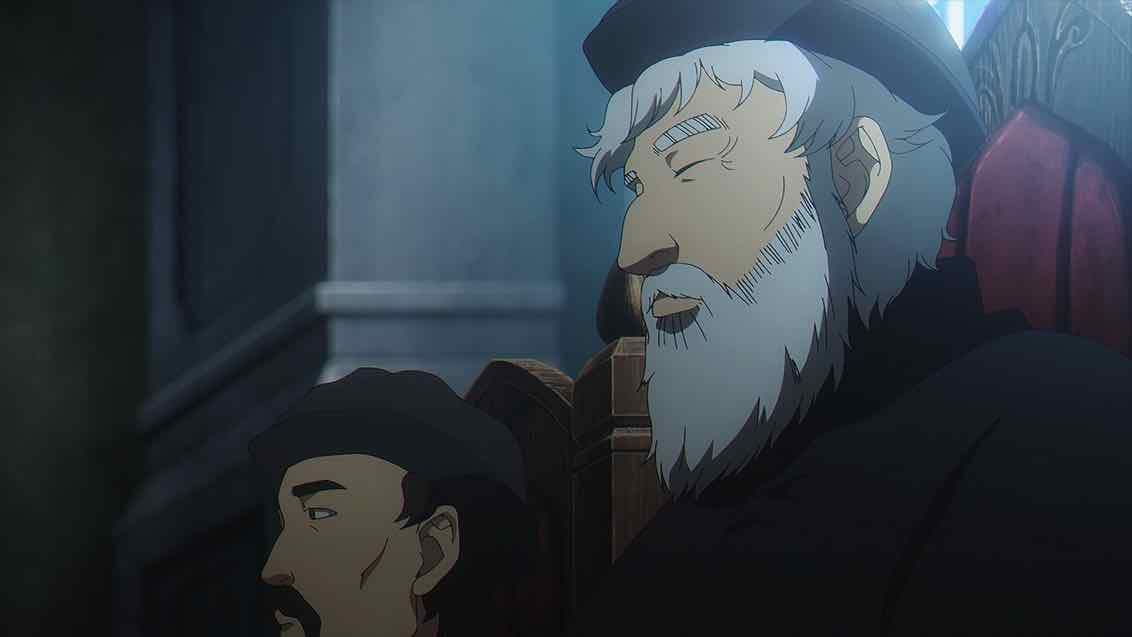
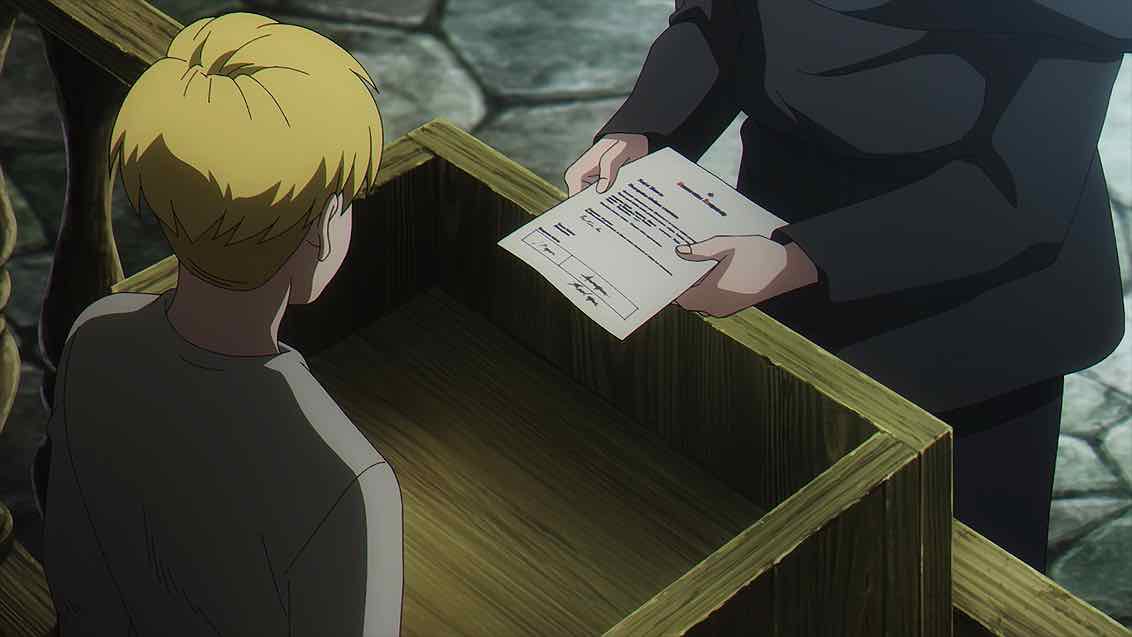
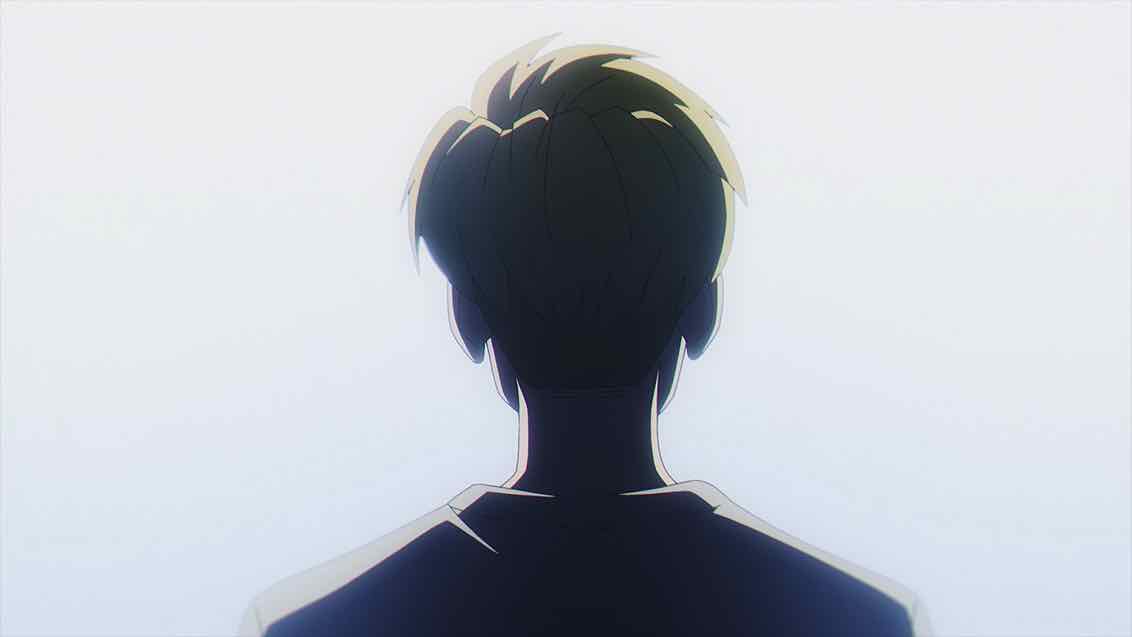
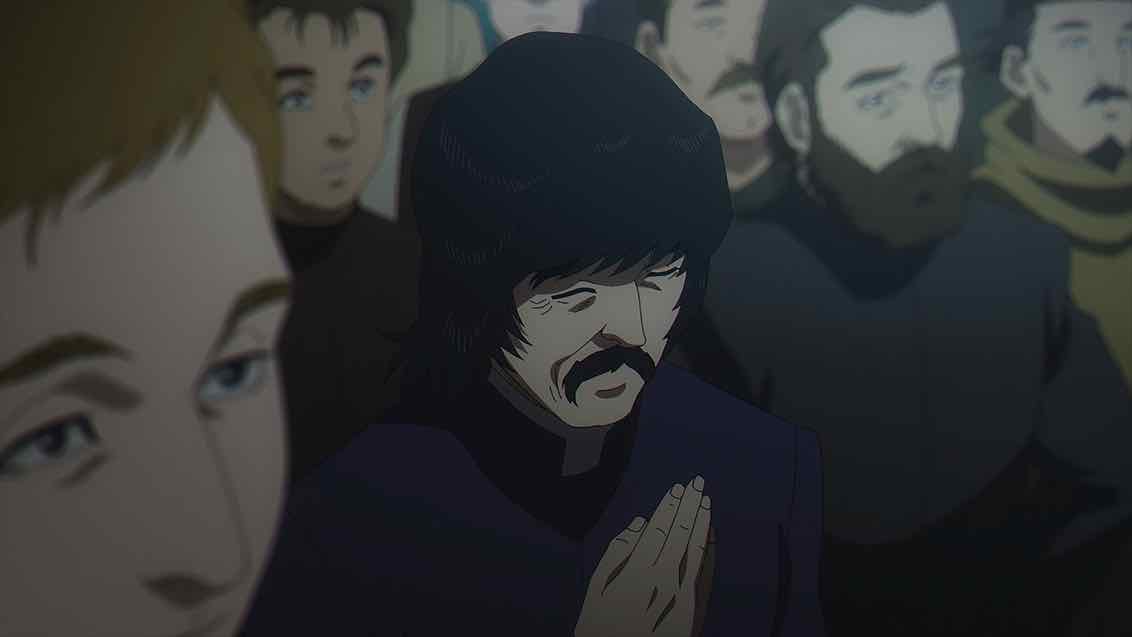
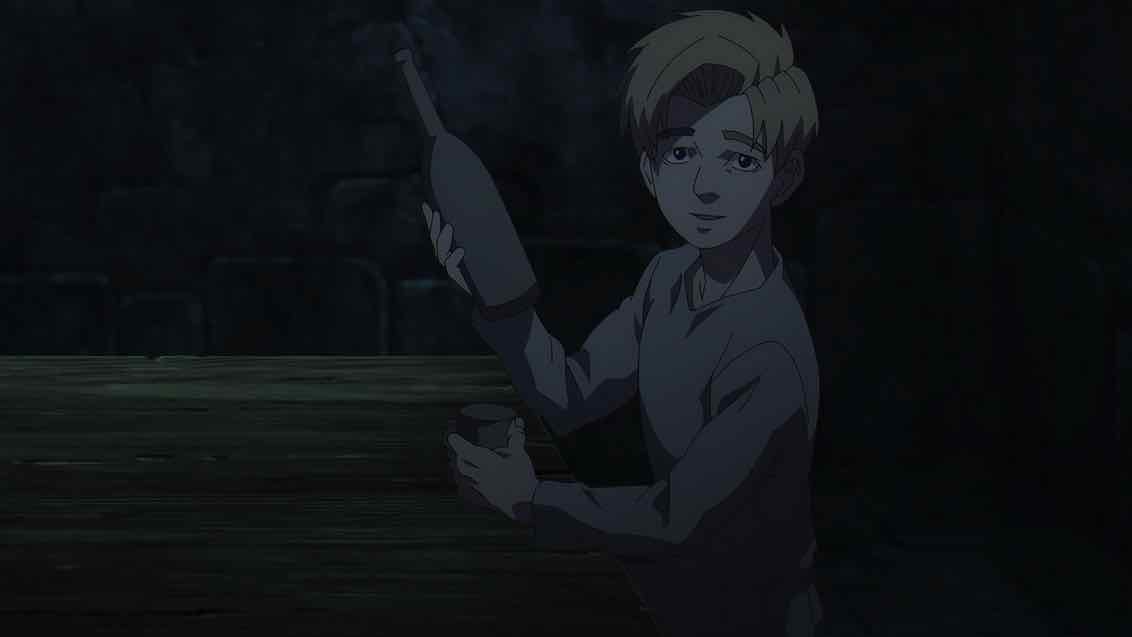
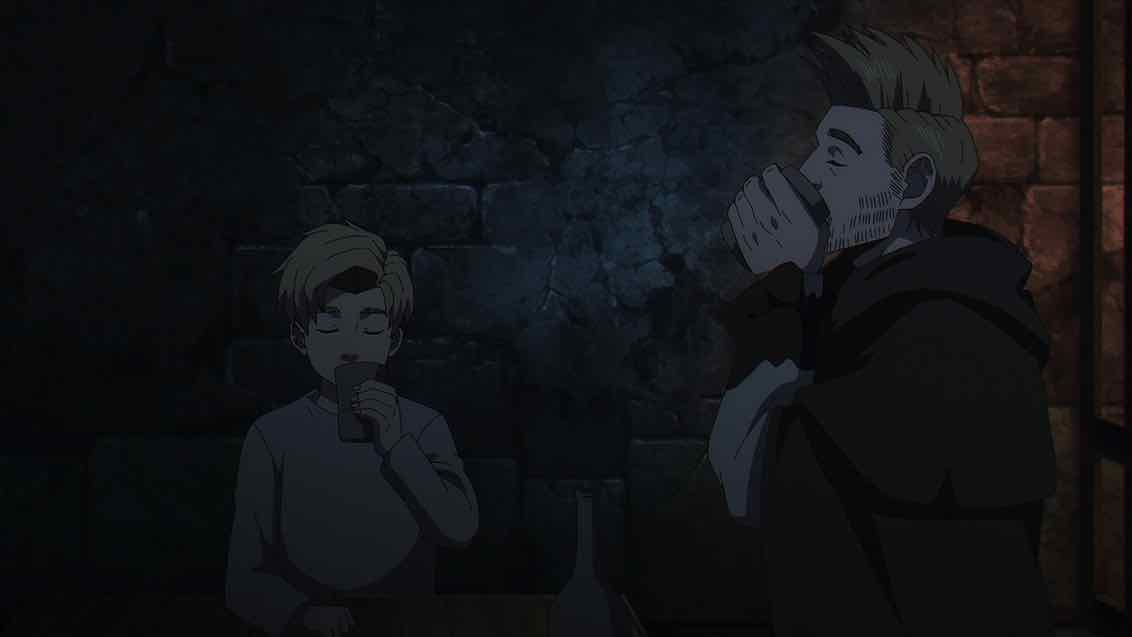
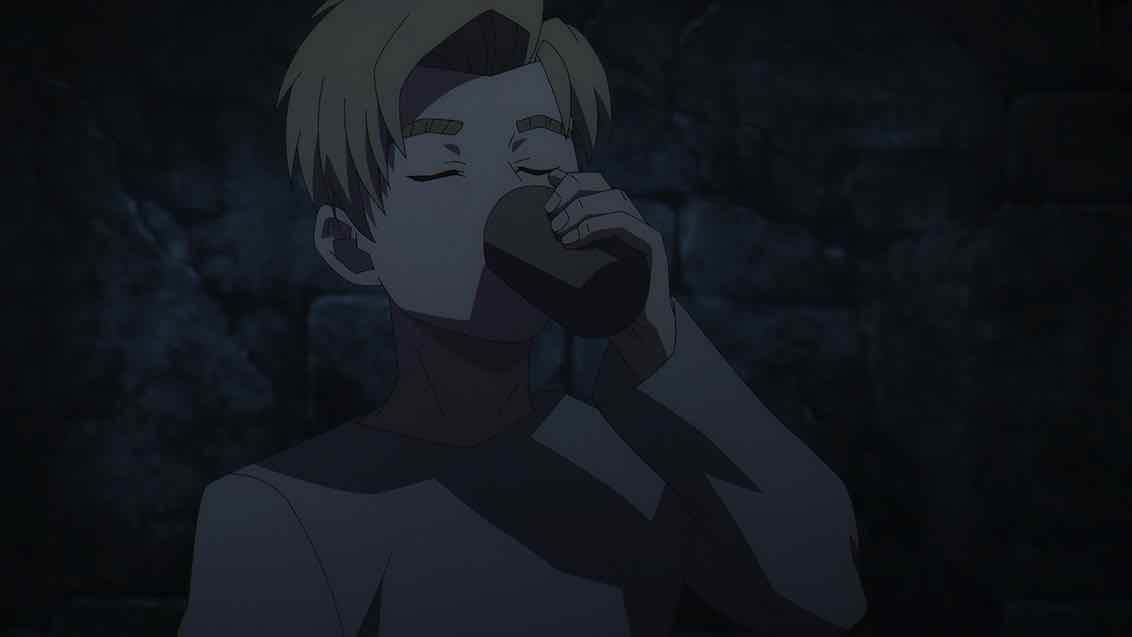
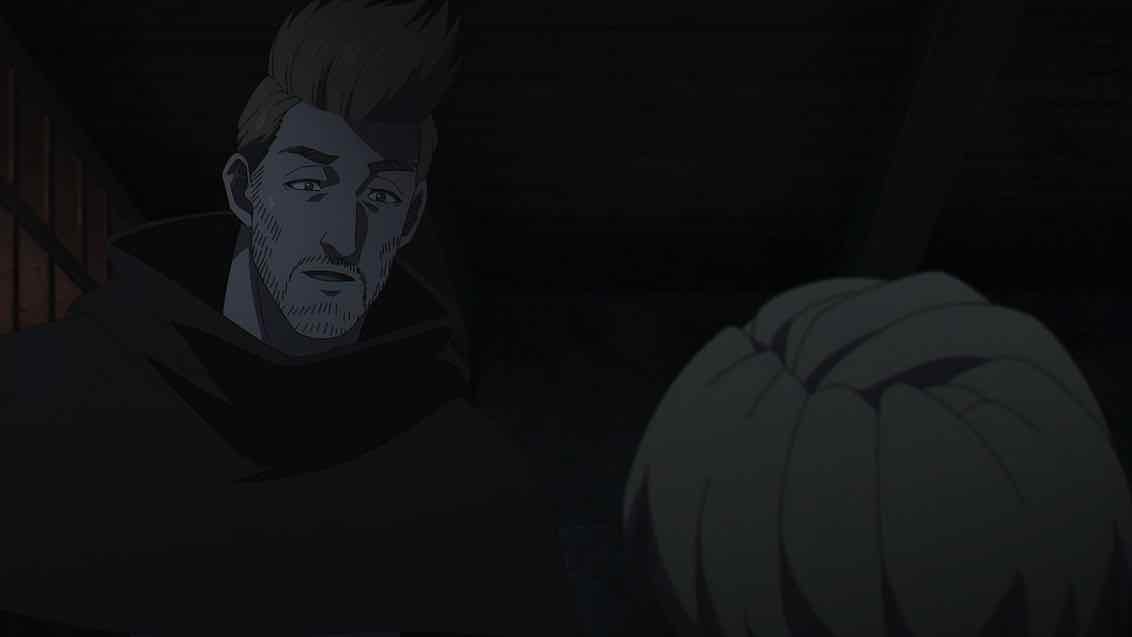
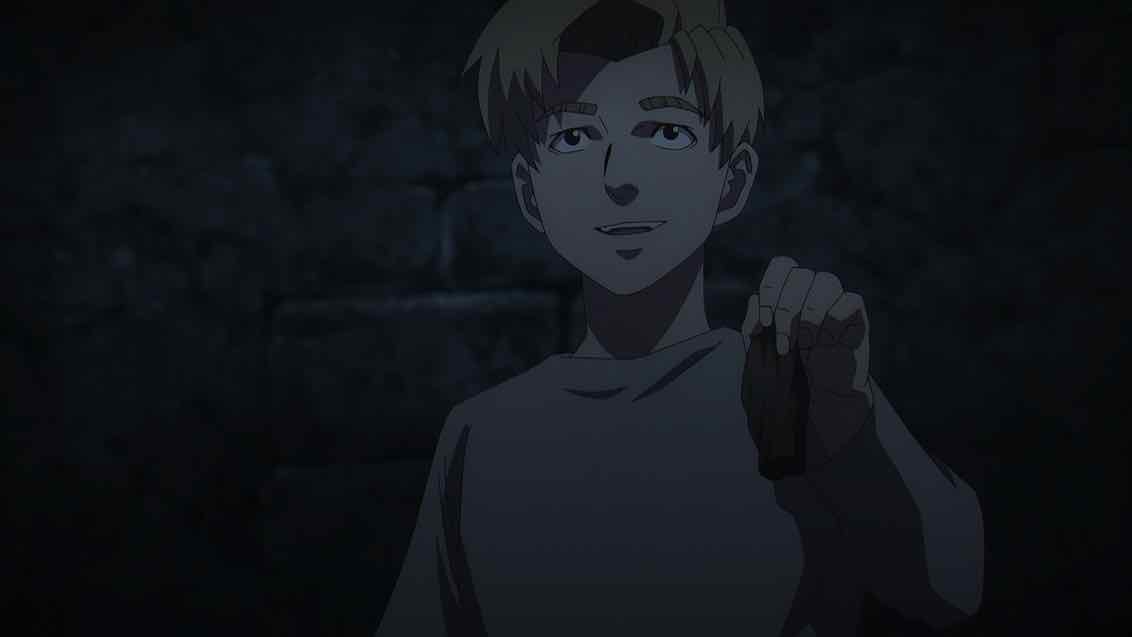
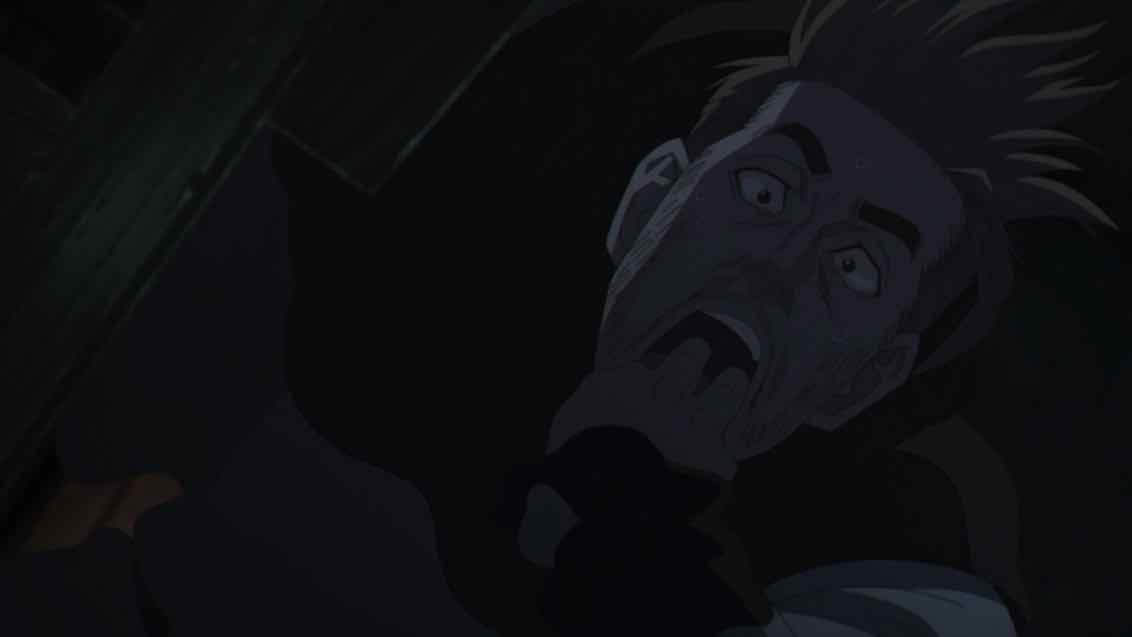
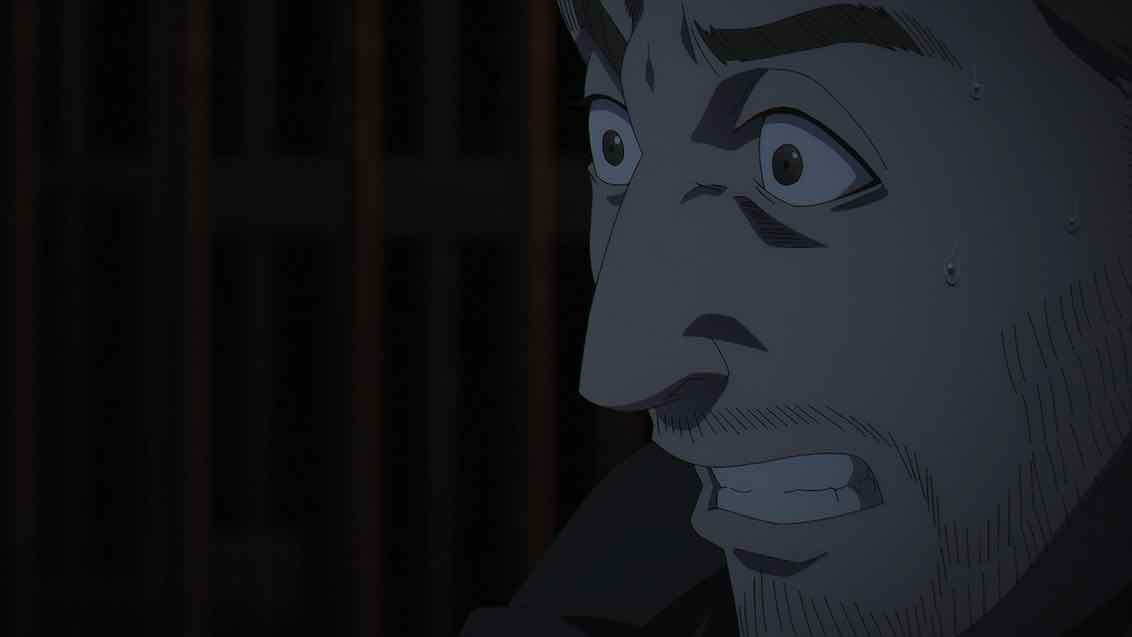

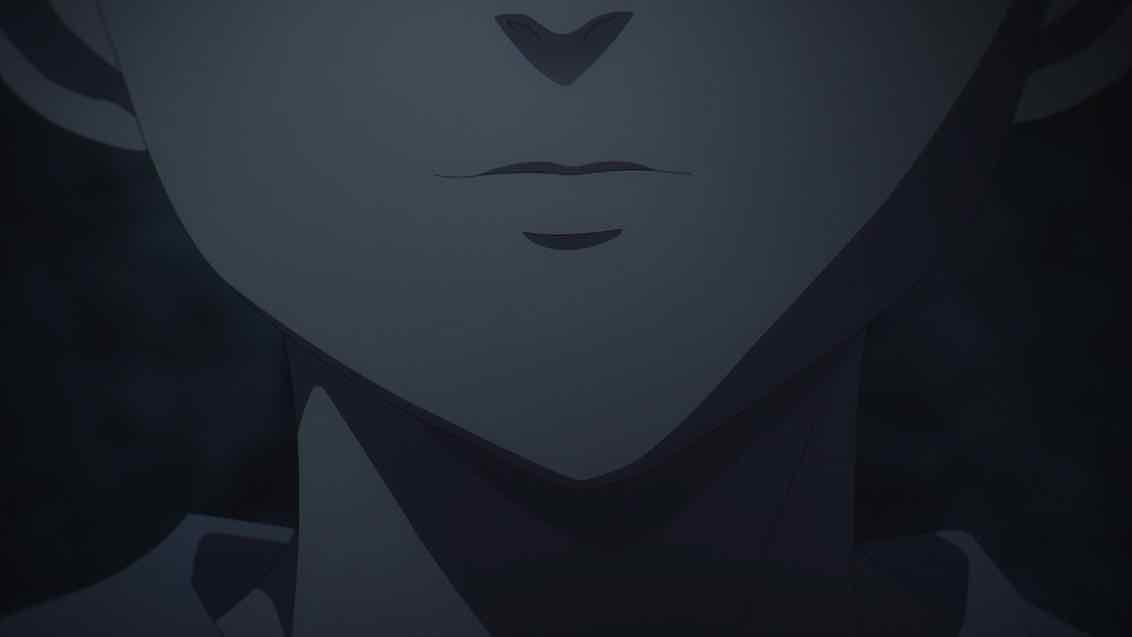
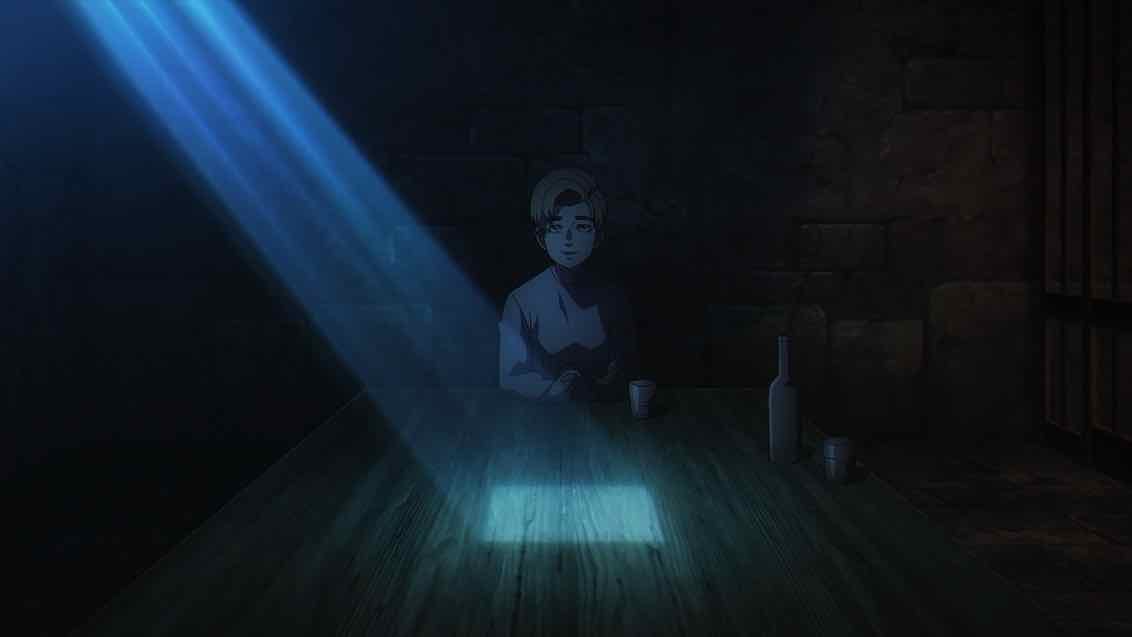
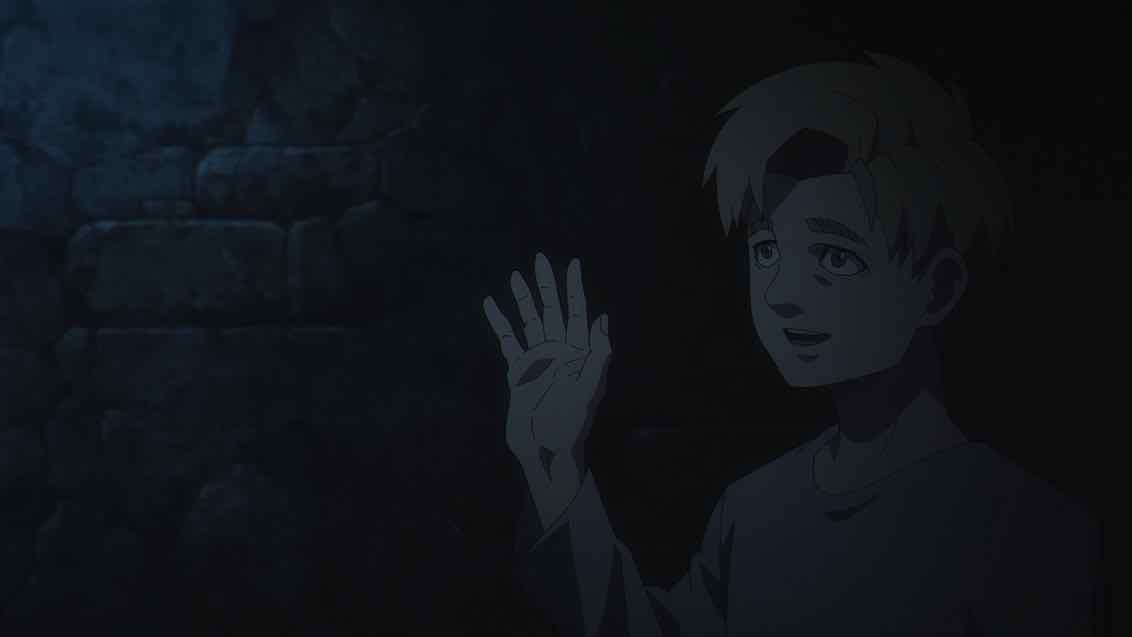
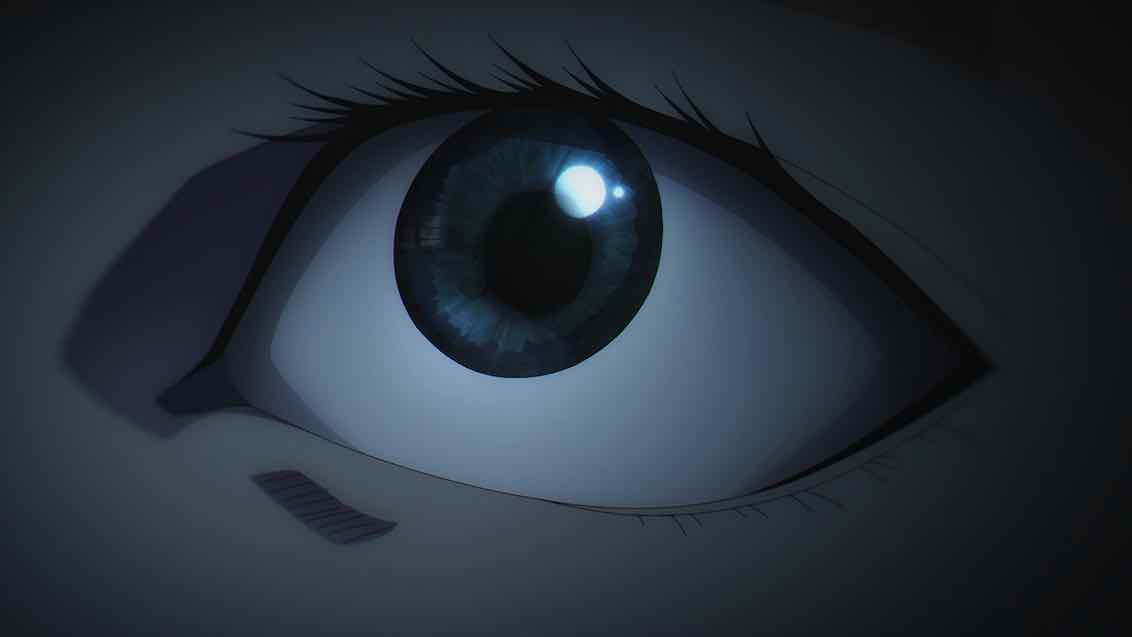

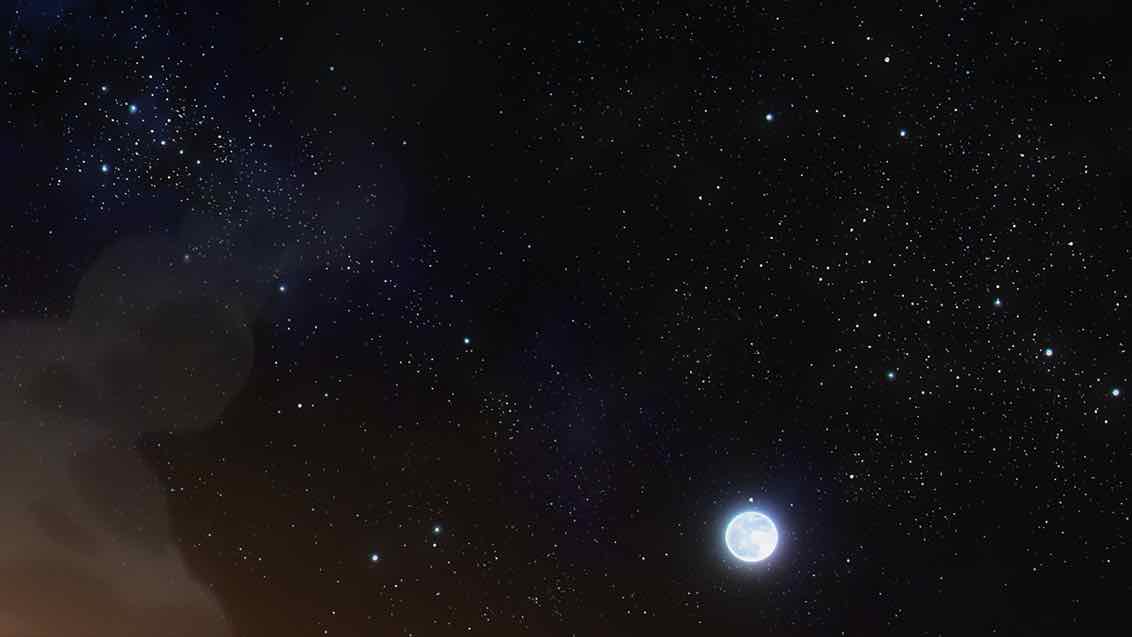
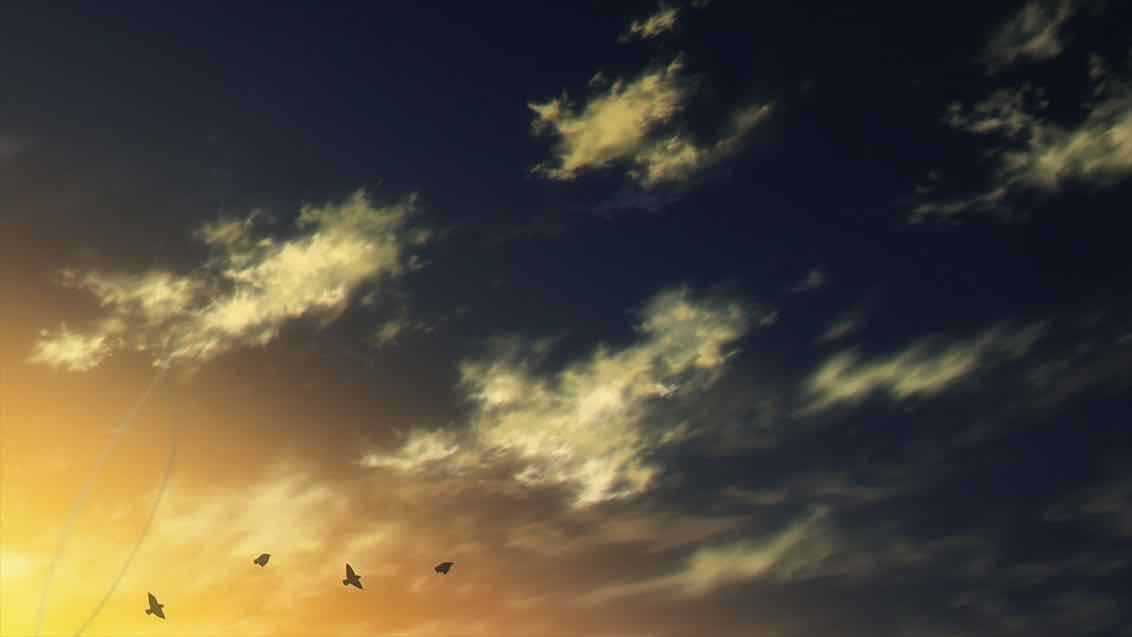
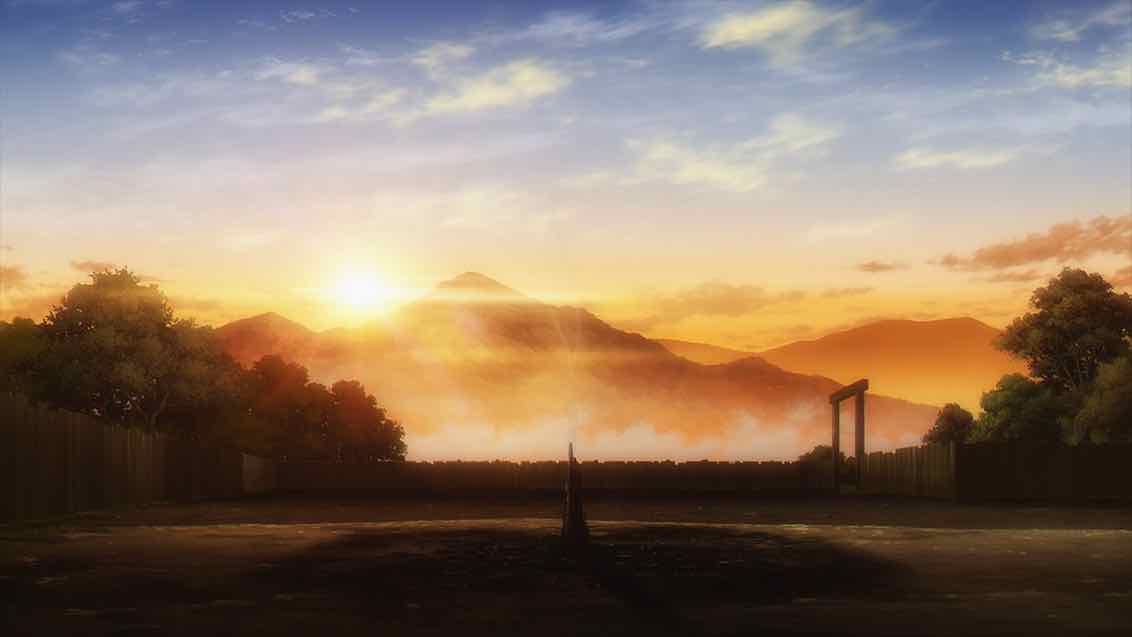
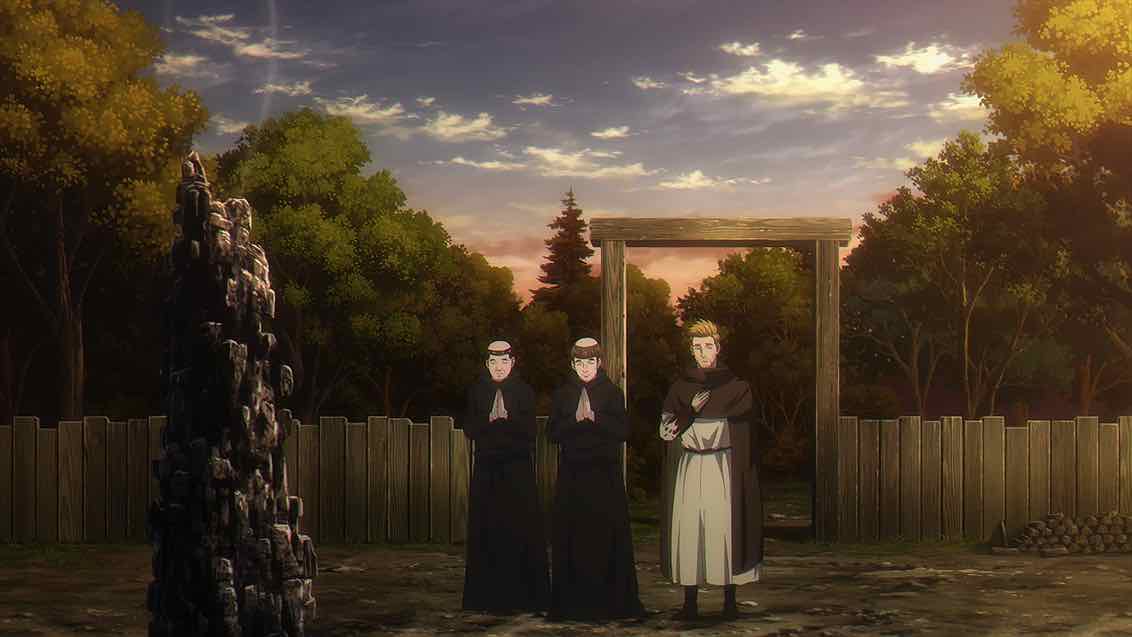
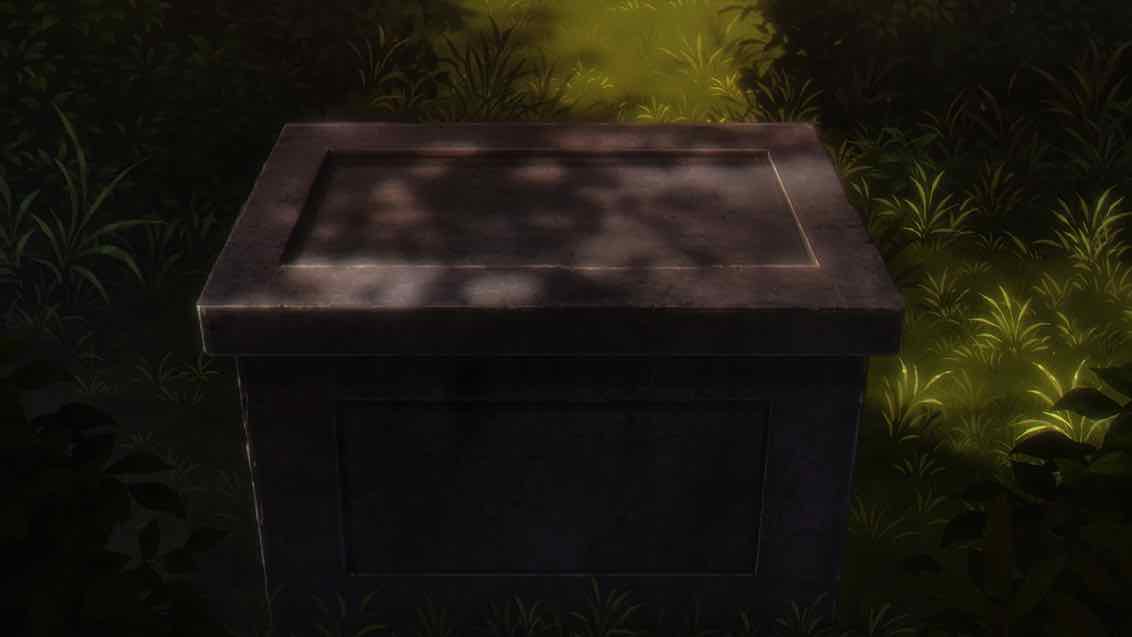
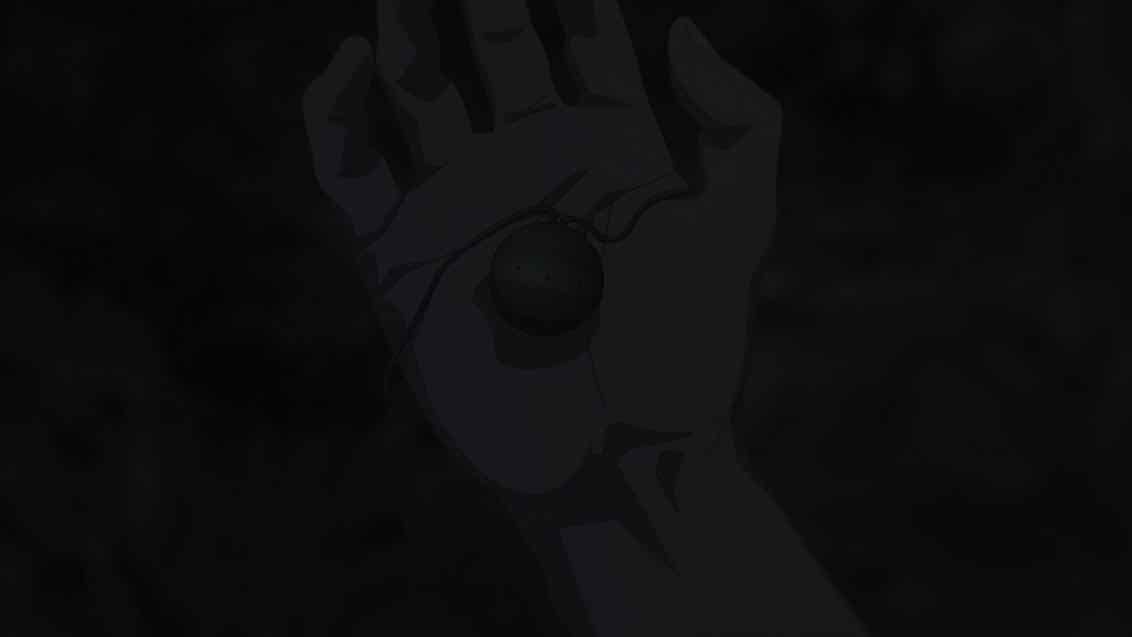
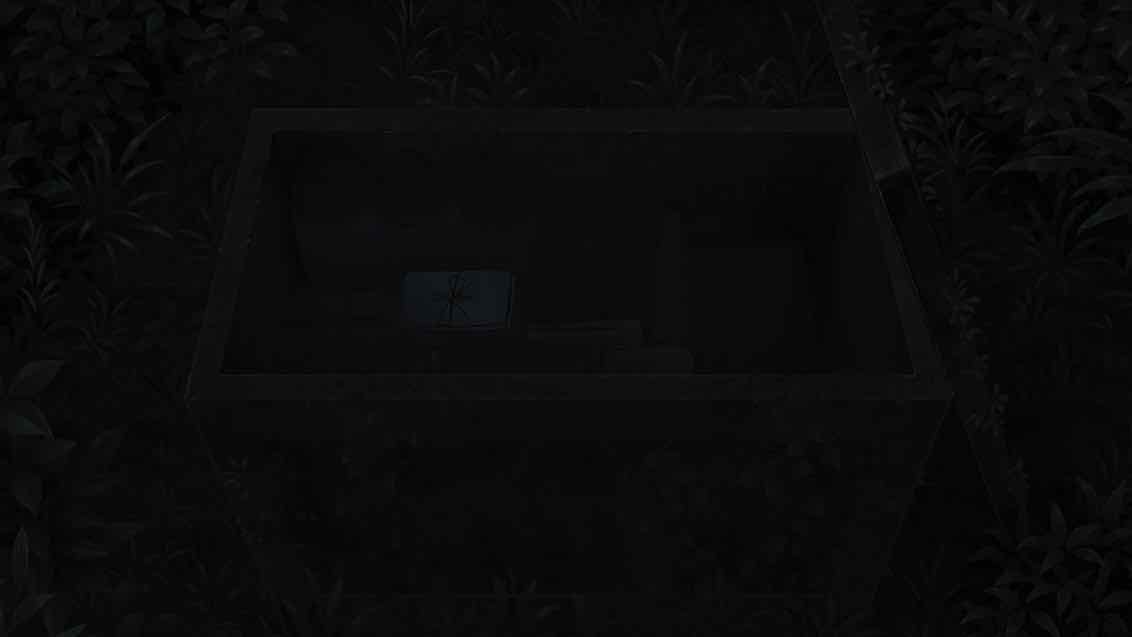
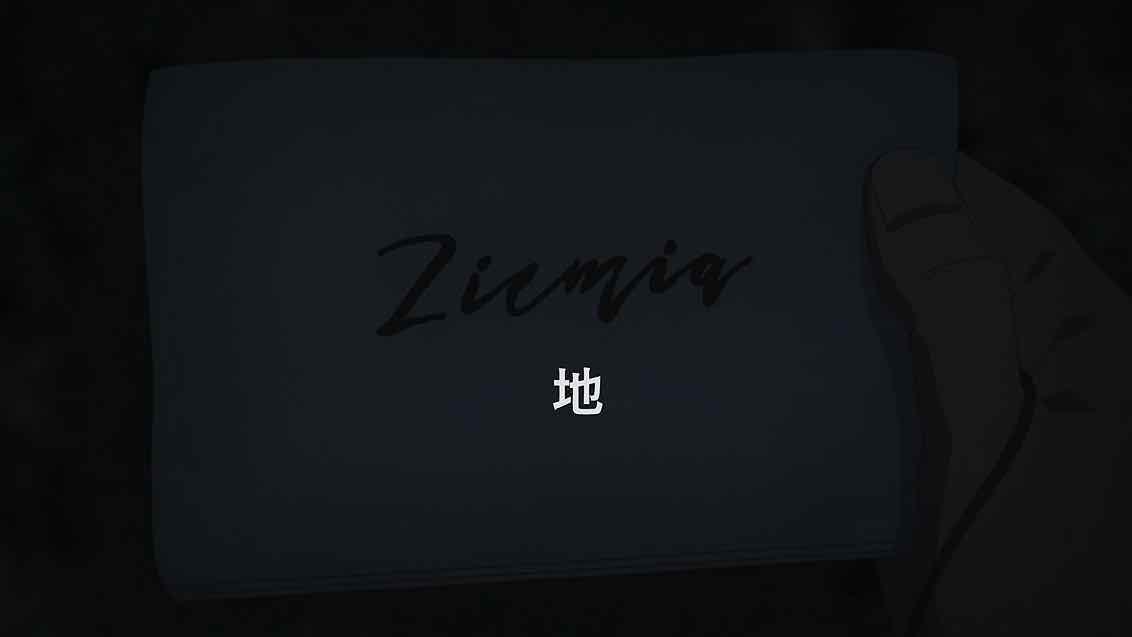
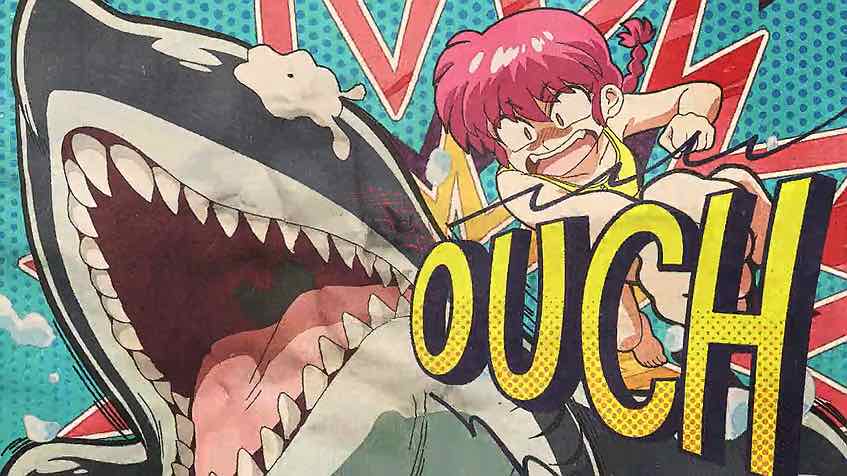
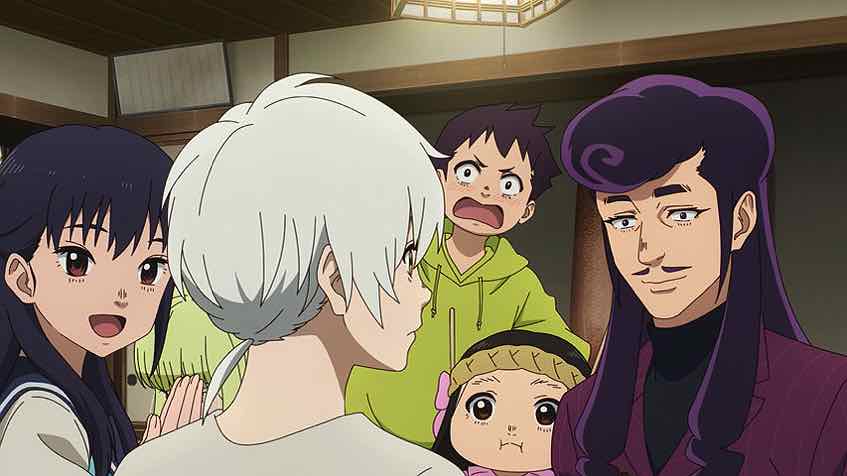
Otcho_Shogun
October 13, 2024 at 11:06 pmSuch a powerful episode. I’m with you, this is my favorite anime this season, at least so far. Rafal’s fate sets the tone for the rest of the series. The grand idea and the pursuit of the truth stand front and center.
Stephen
October 14, 2024 at 1:03 amGreat write-up! Thank you for introducing the series!
being able to spark debates and challenge societal norms is perhaps also a sign of success ~~
Easily my favourite of the season and possibly of the year if it all pans out. The vibe reminds me a little of a Vinland Saga. ^_^
Guardian Enzo
October 14, 2024 at 8:36 amI do think that’s an obvious comparison in so many ways.
Not least because (as people forget) the VS anime was made by people whose careers were spent mostly at Madhouse.
Raikou
October 14, 2024 at 2:21 pmDamn, by three episodes they gone to time skip already? I’m interested where the plot would be going. I was hoping Rafal would survive.
Also, interesting that you mentioned Shogun, Enzo. I wanted to hear your opinion about the series, and seems like something you would enjoy.
Guardian Enzo
October 14, 2024 at 2:27 pmI enjoyed it very much – as an entertainment. I just think it’s hypocritical for a Western fan to praise it as a historical document and then criticize something like Chi Chikyuu for the way it presents Western institutions.
Raikou
October 14, 2024 at 2:59 pmYeah, I don’t know how suddenly this fixation about ‘historically accurate’-ness appeared. I mean, at Vinland Saga nobody complained. Why Chi Chikyuu got flak at that part, I will never know.
And people are just lazy if they thought Shogun were ‘historically accurate’. For a historical series, being accurate and enjoyable does not have to go together.
Guardian Enzo
October 14, 2024 at 3:26 pmTo be fair, I did see the occasional complaint about VS too. But Yukimura was much older when he started it (Uoto was barely 20), and researched it exhaustively including many trips to Scandinavia.